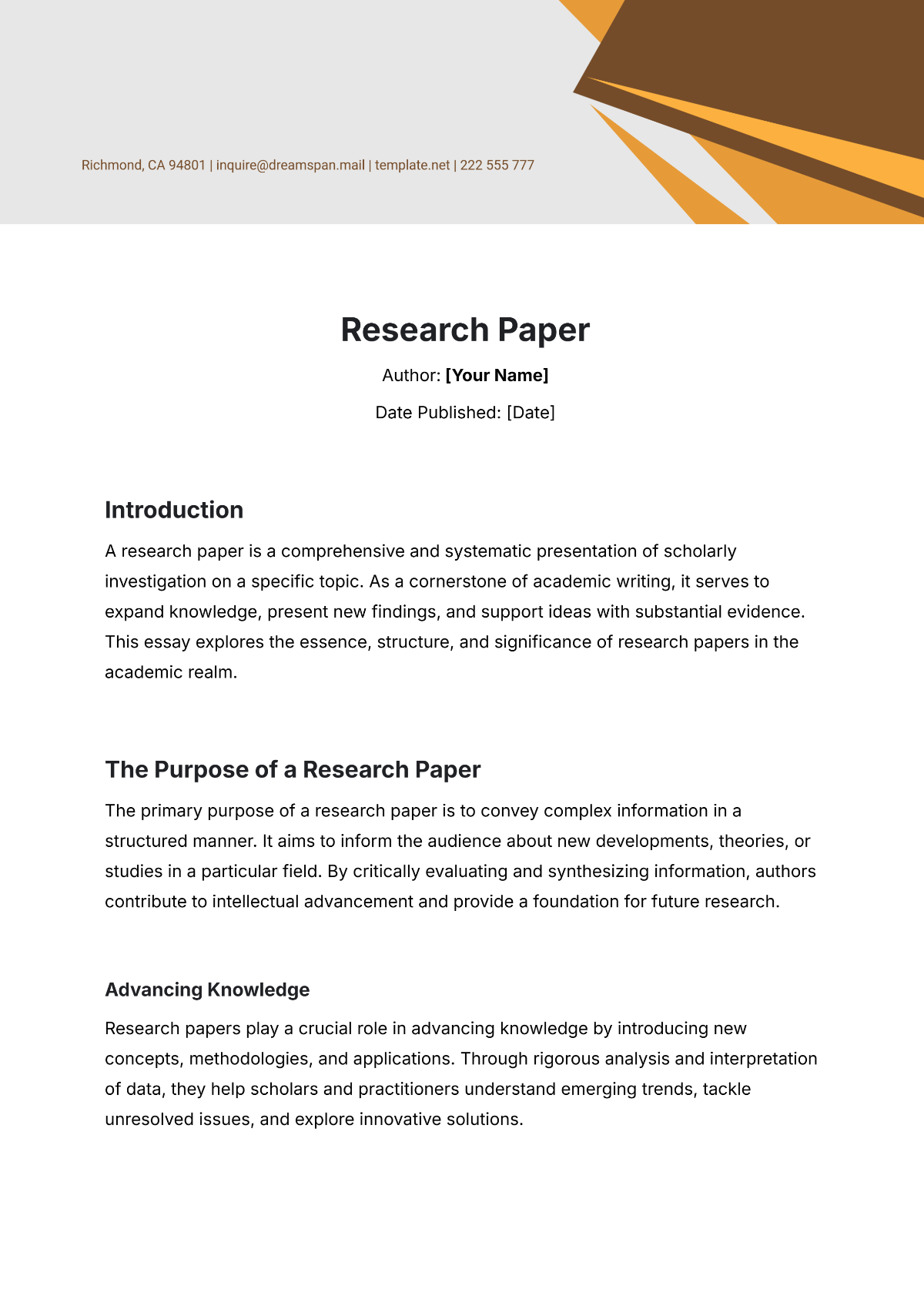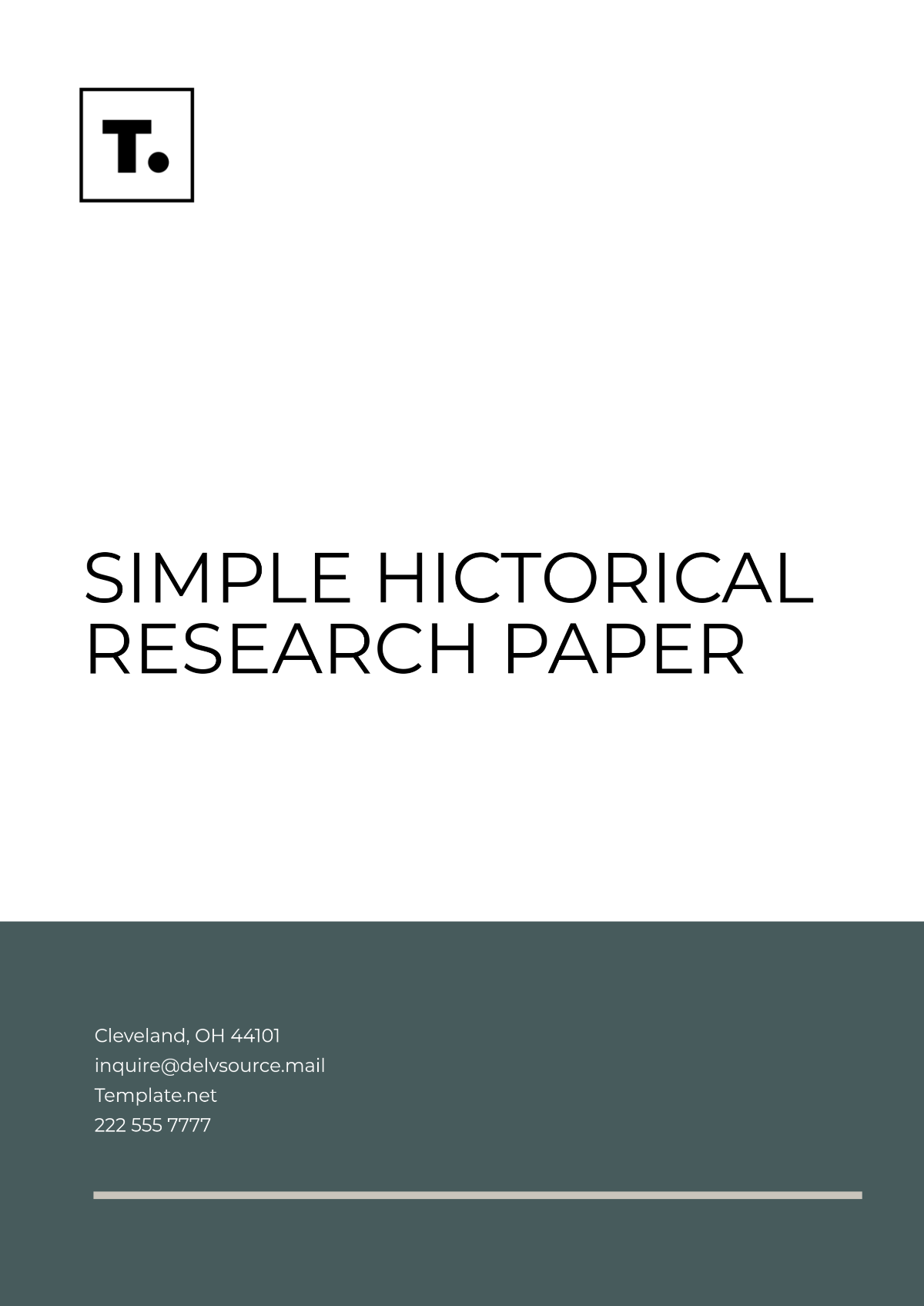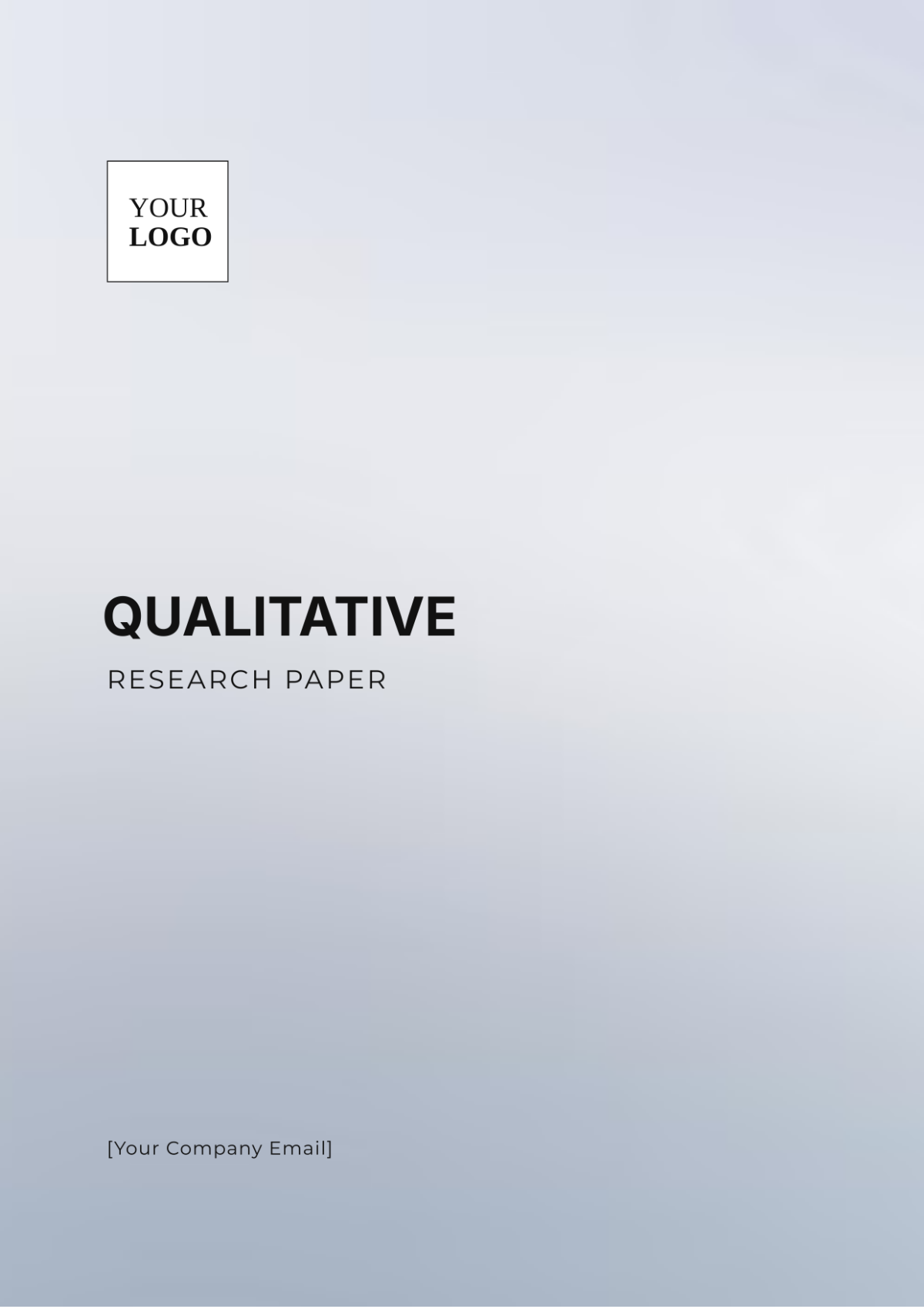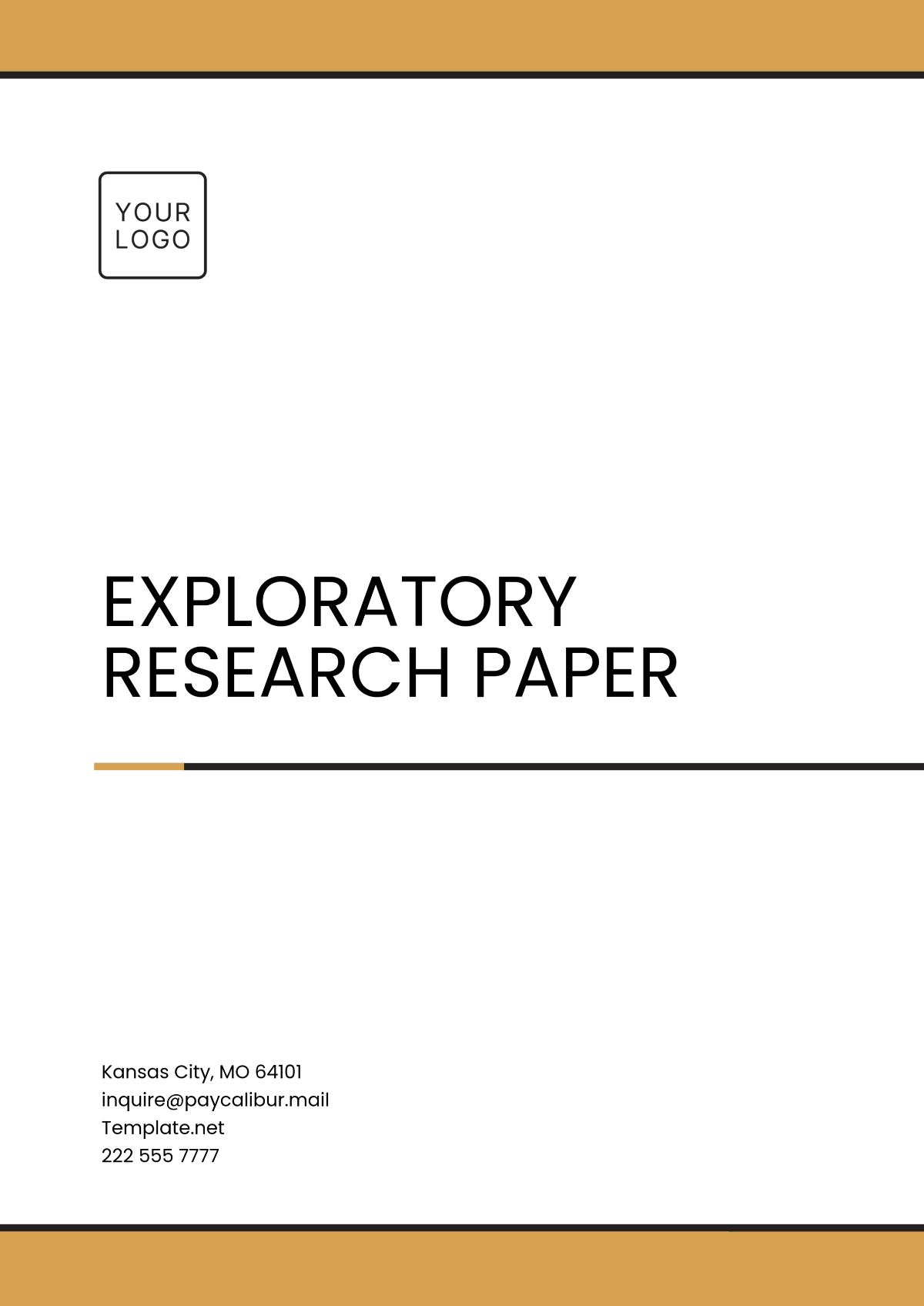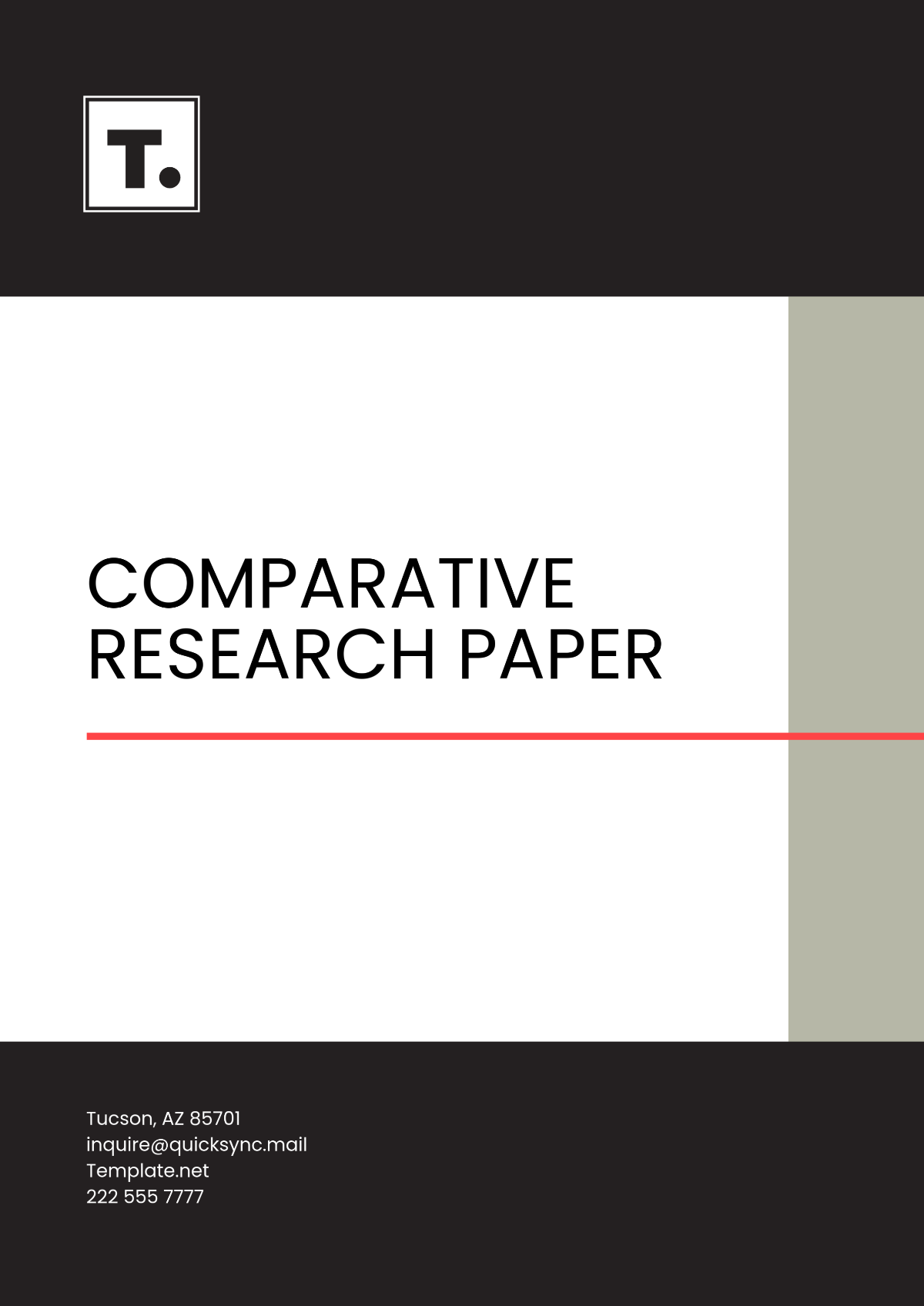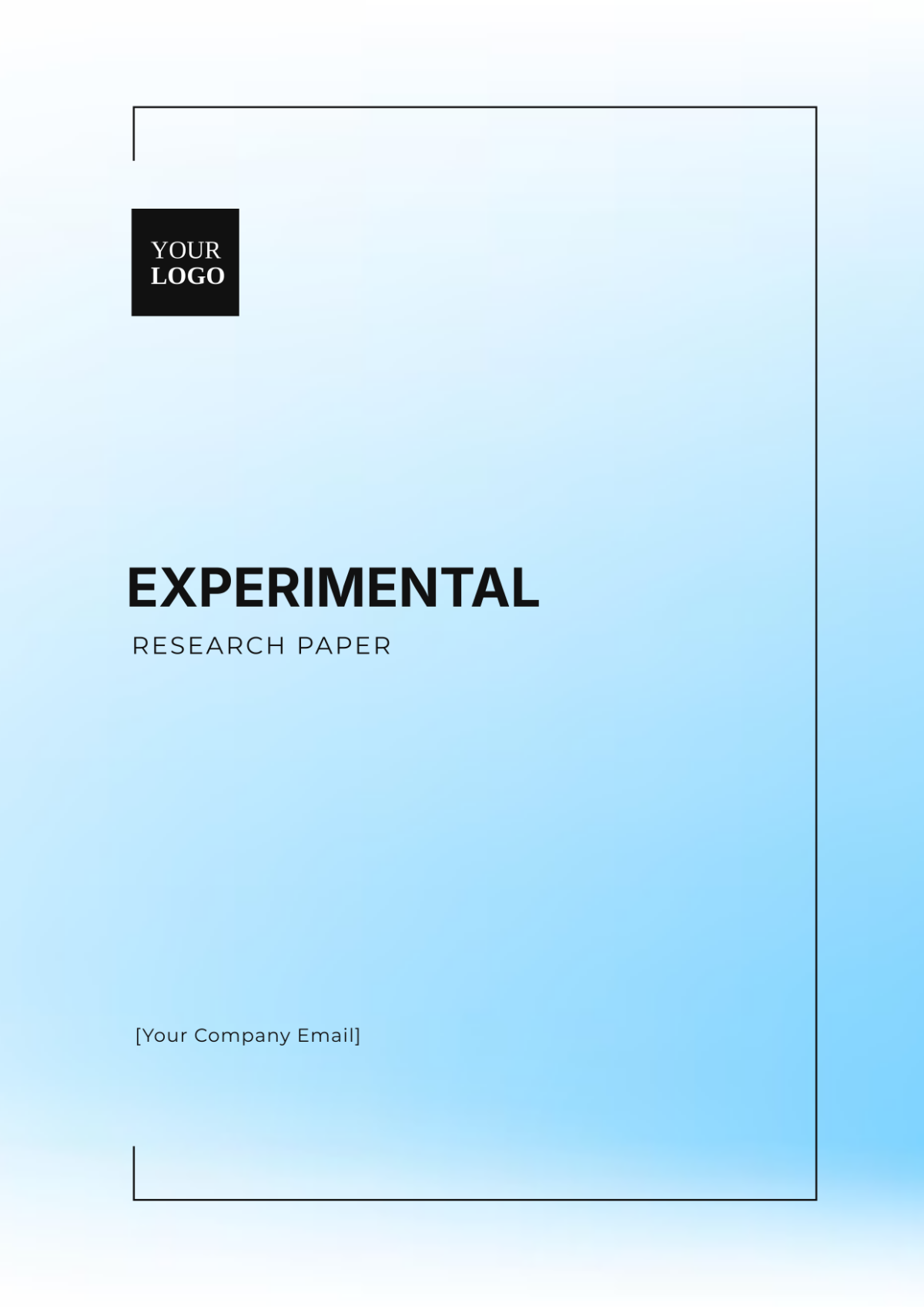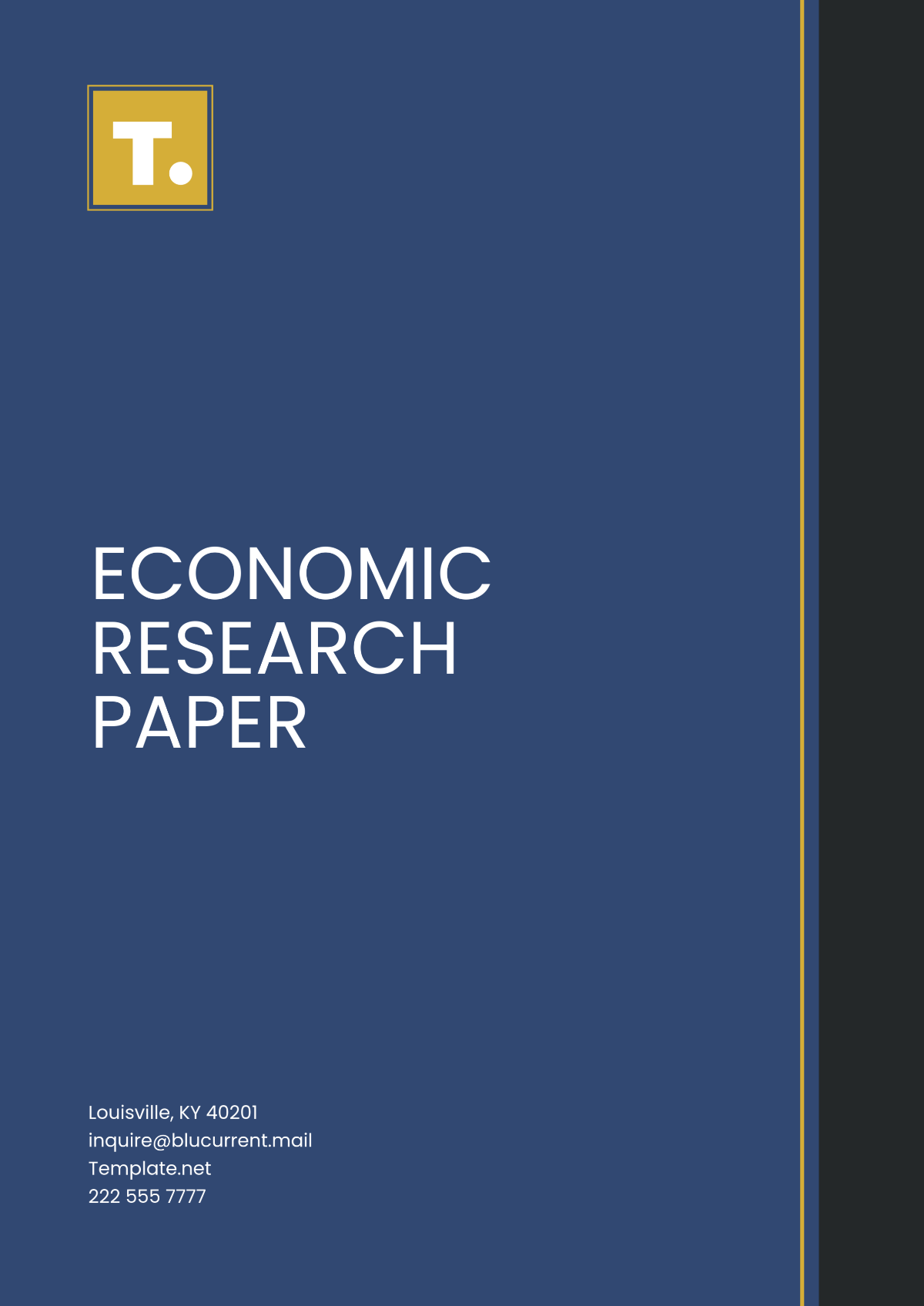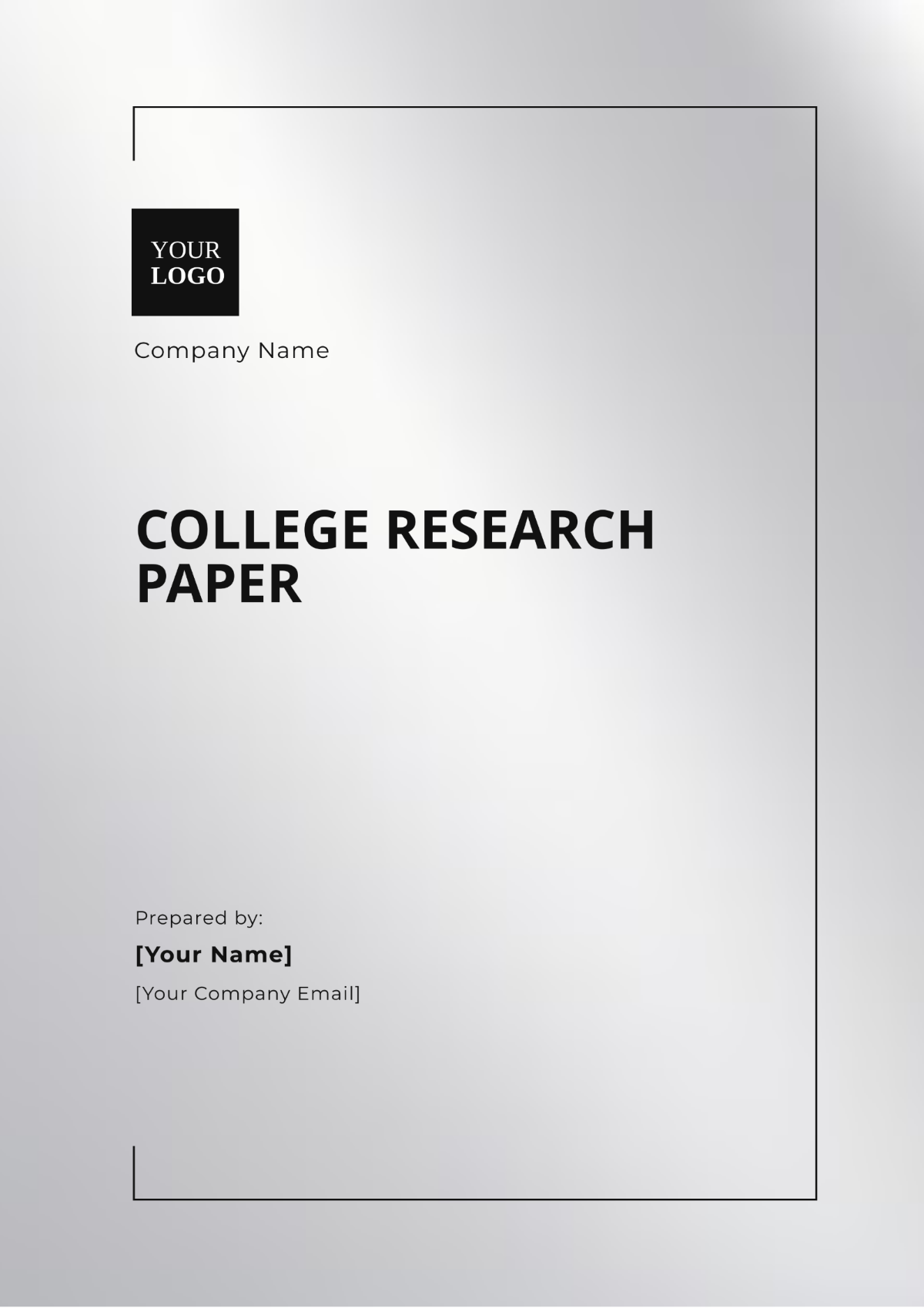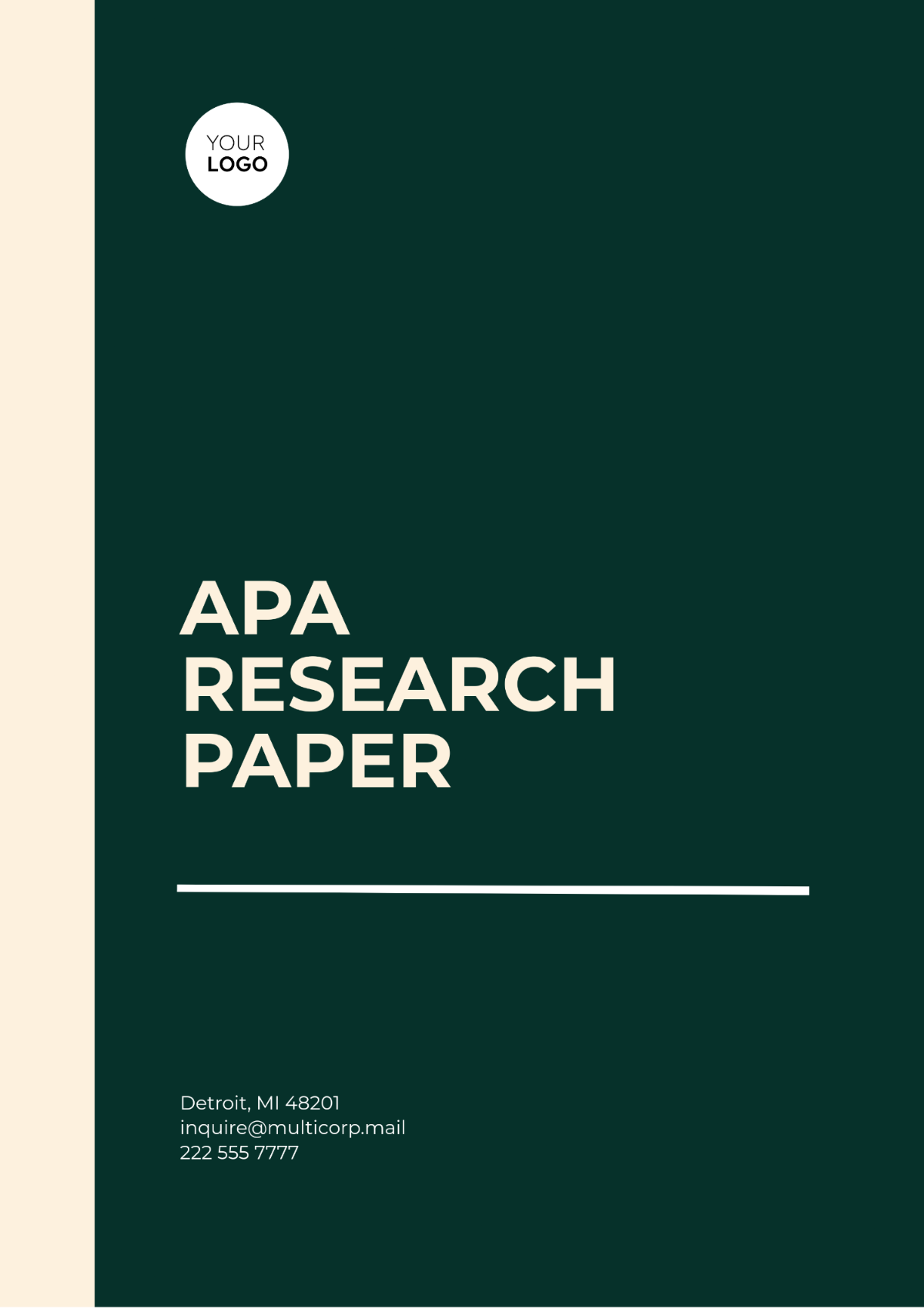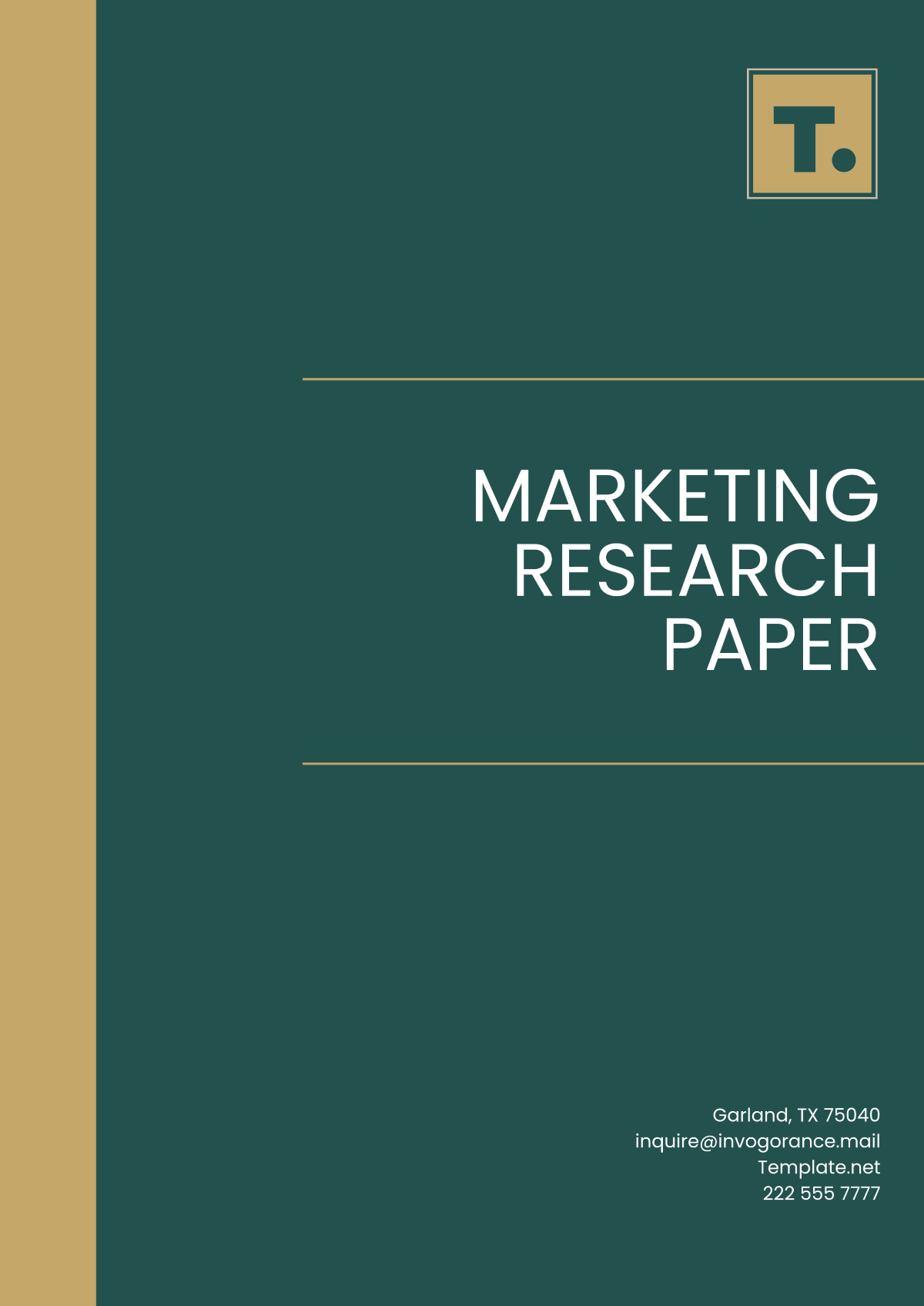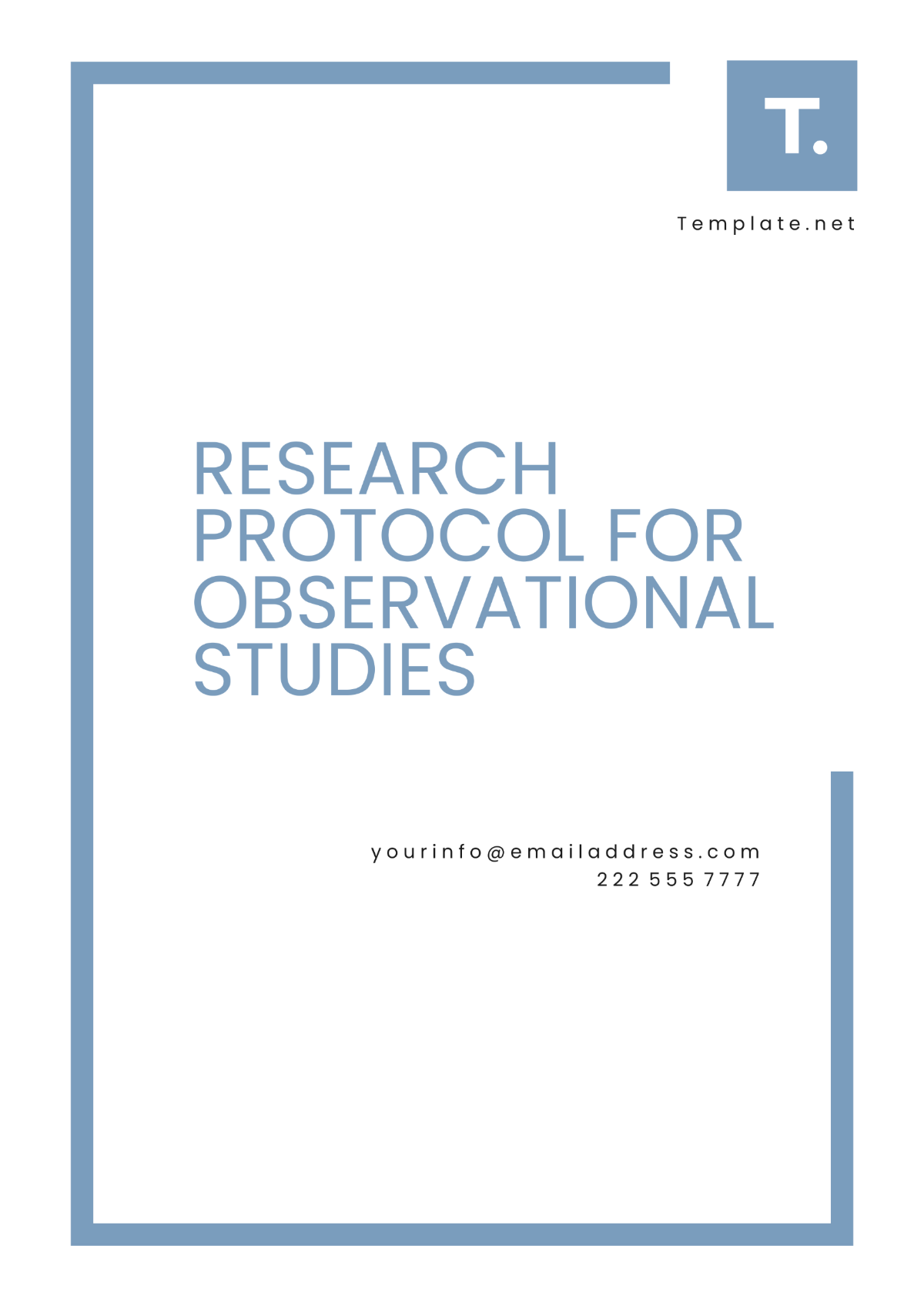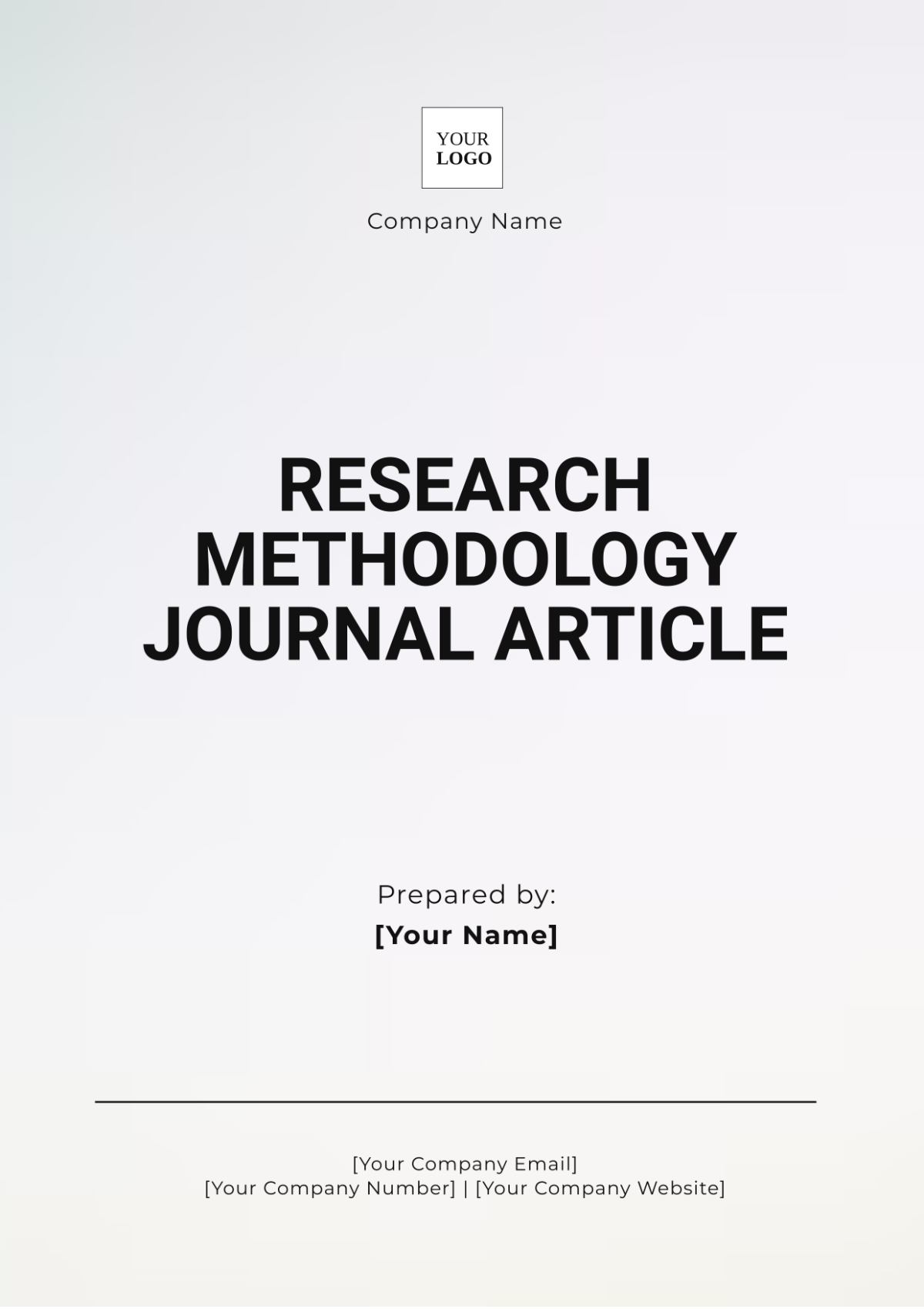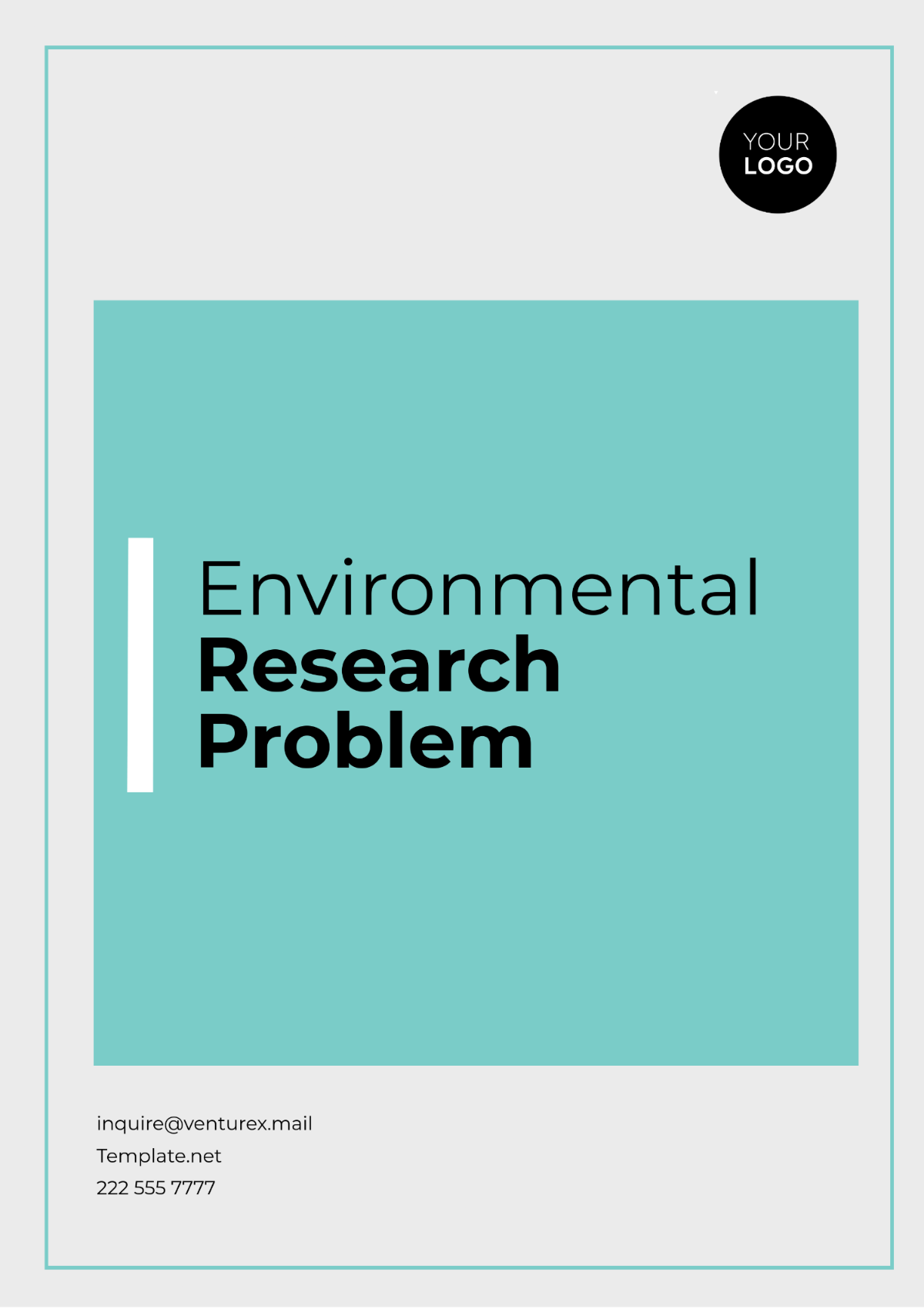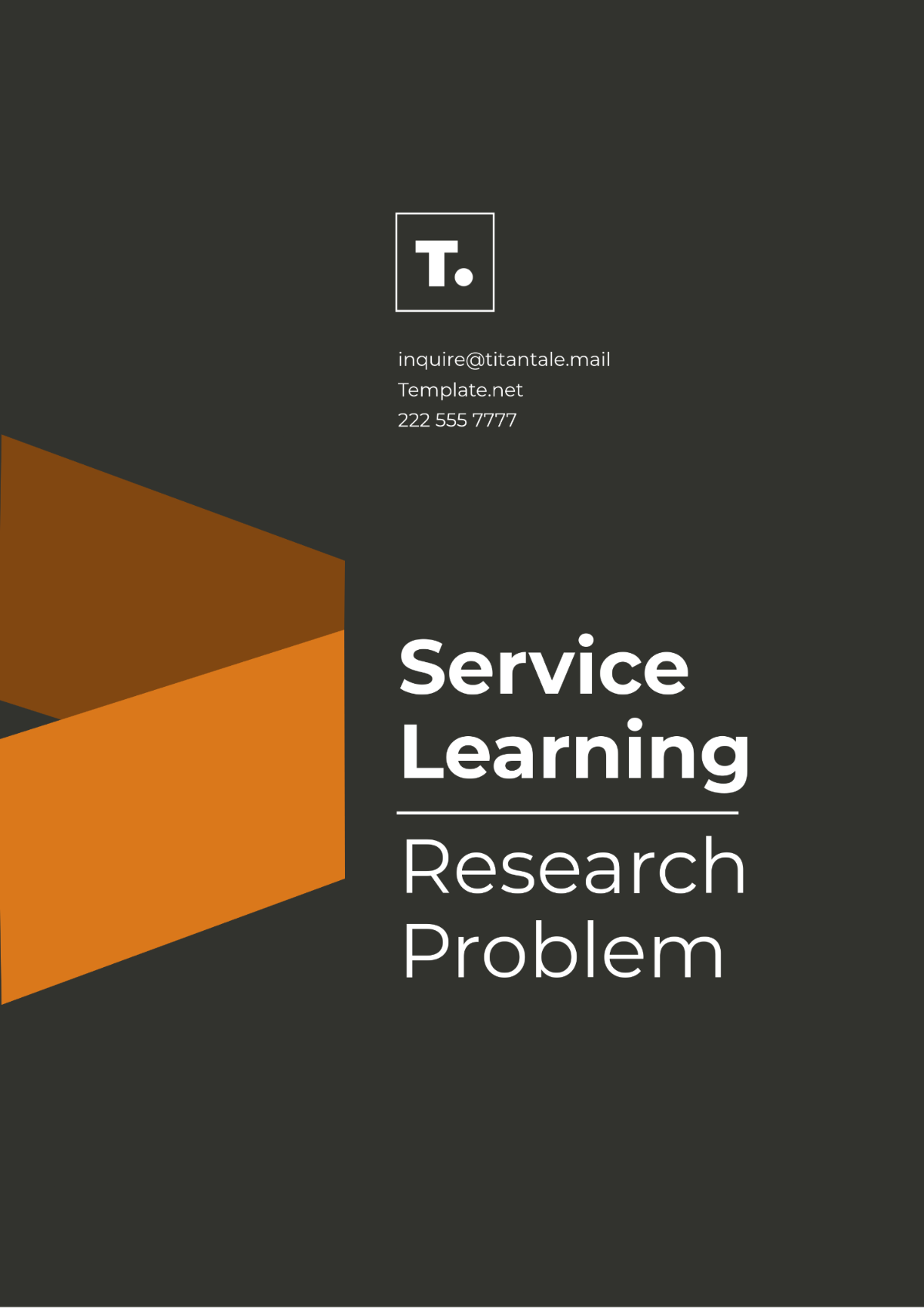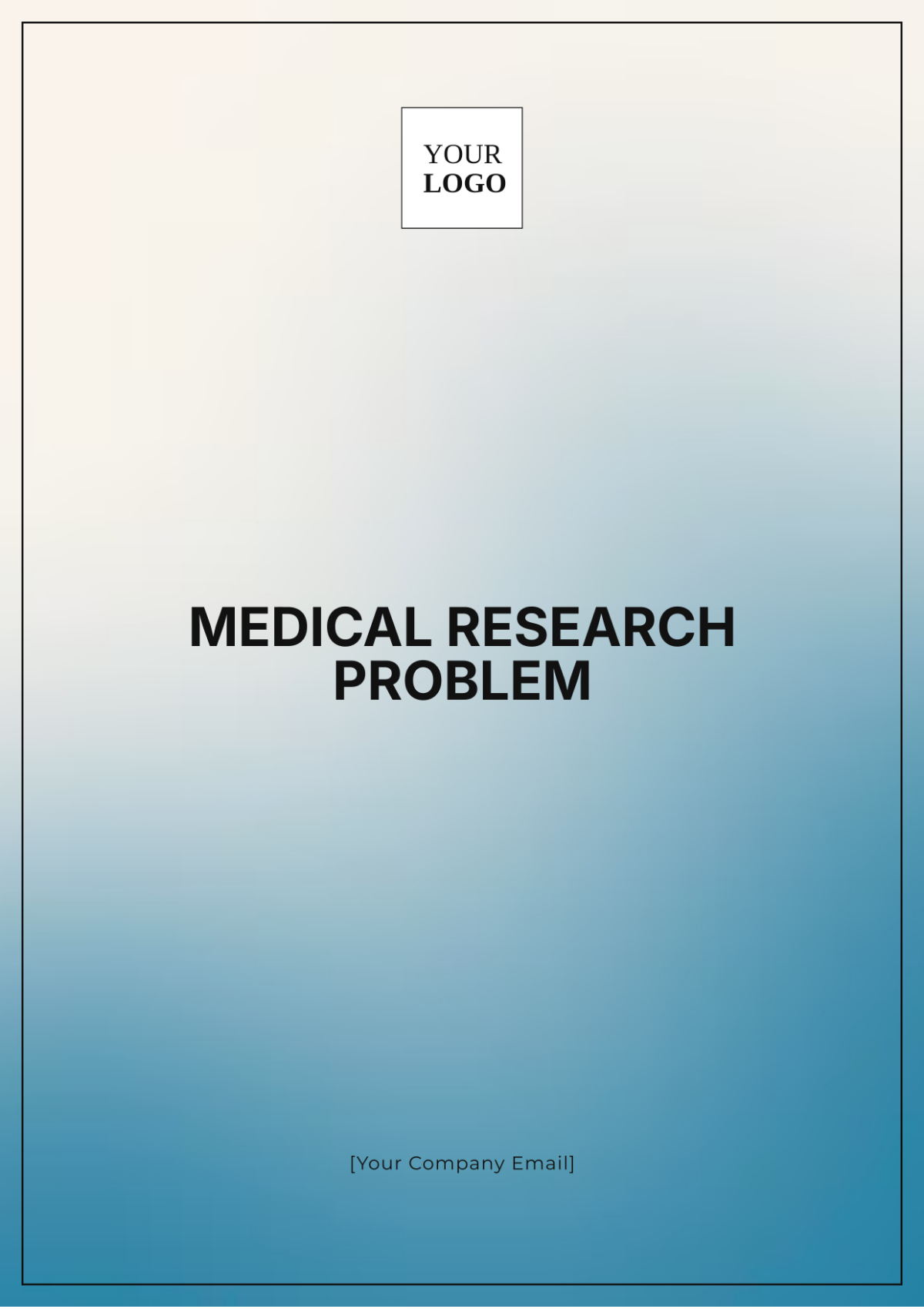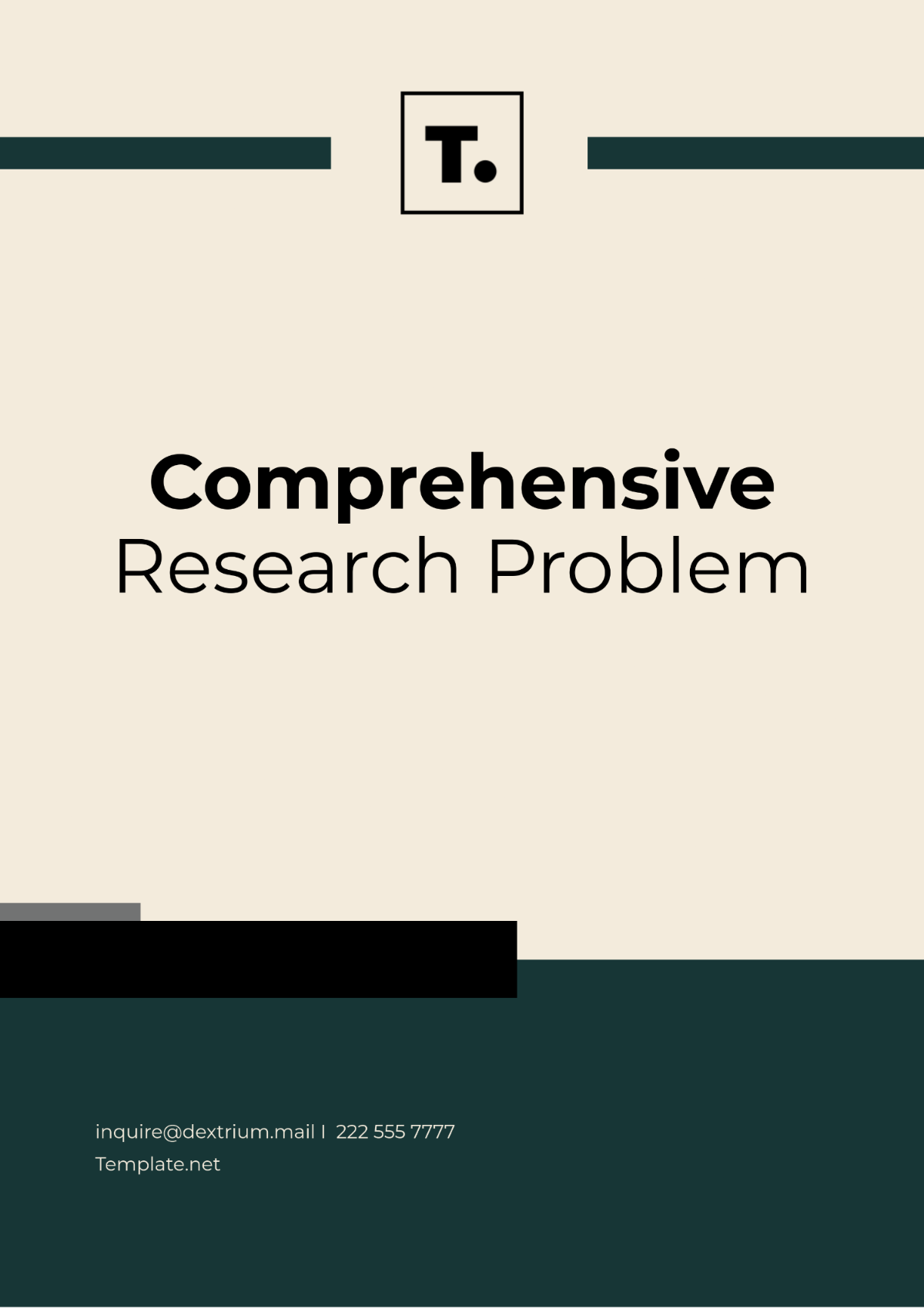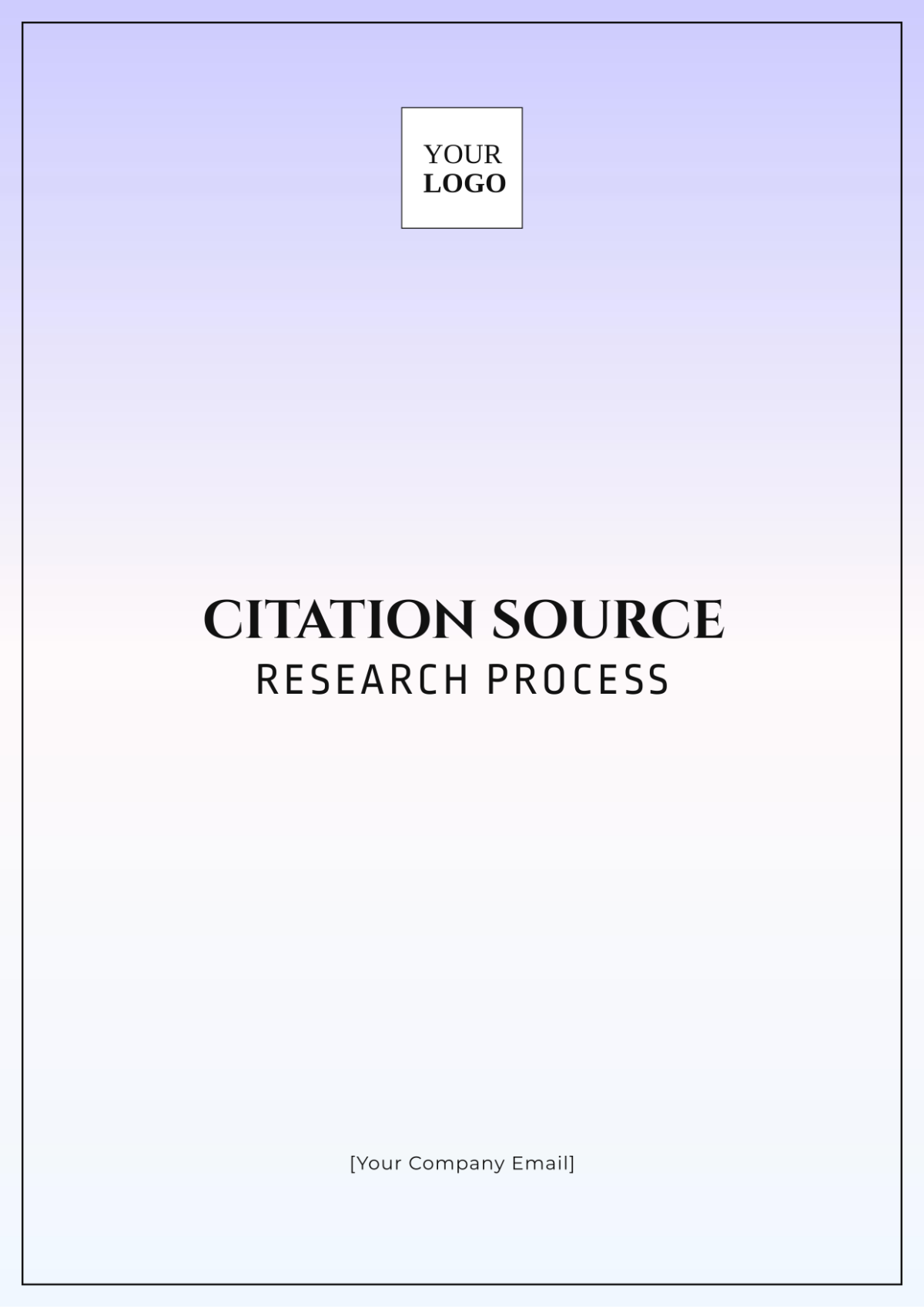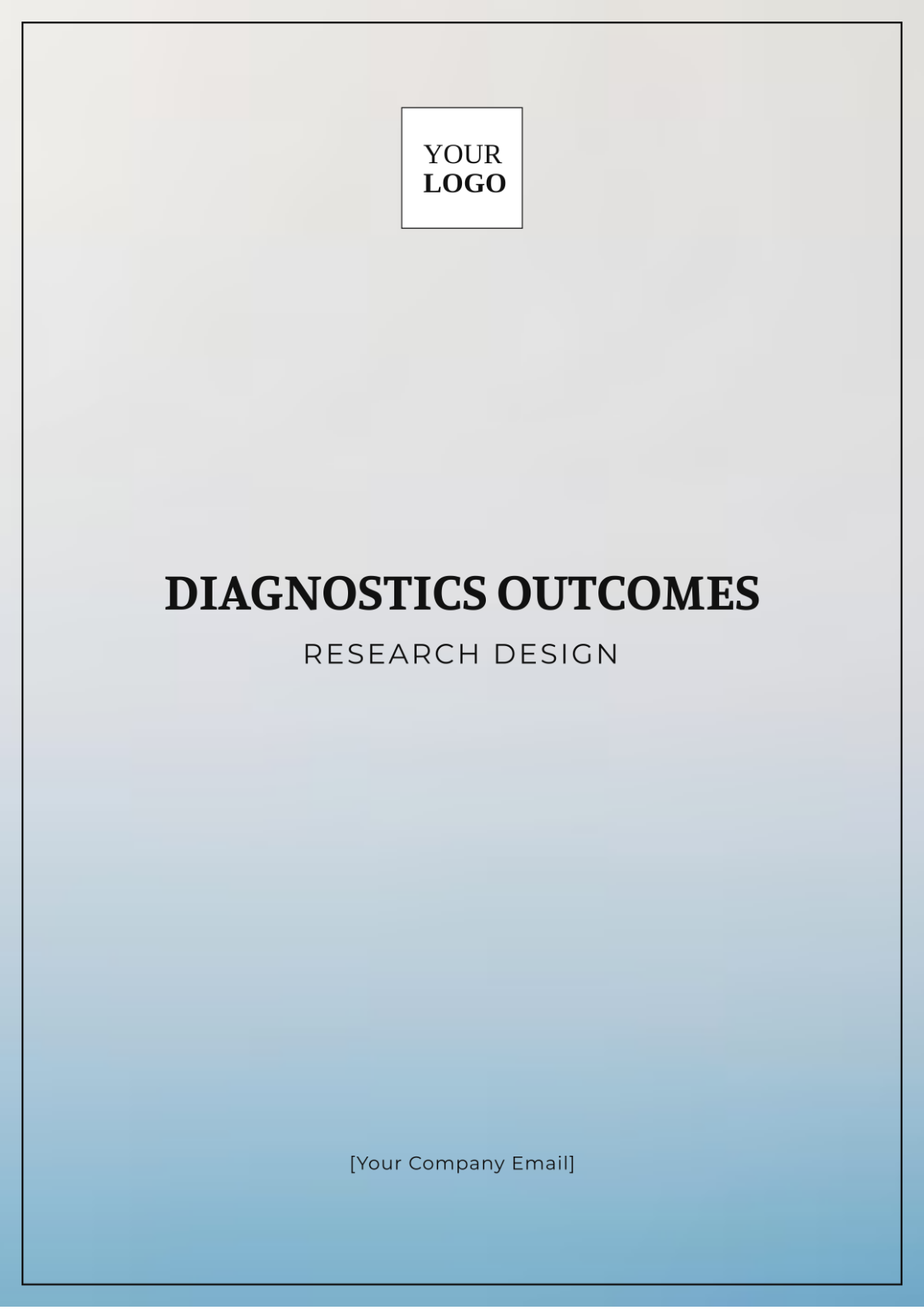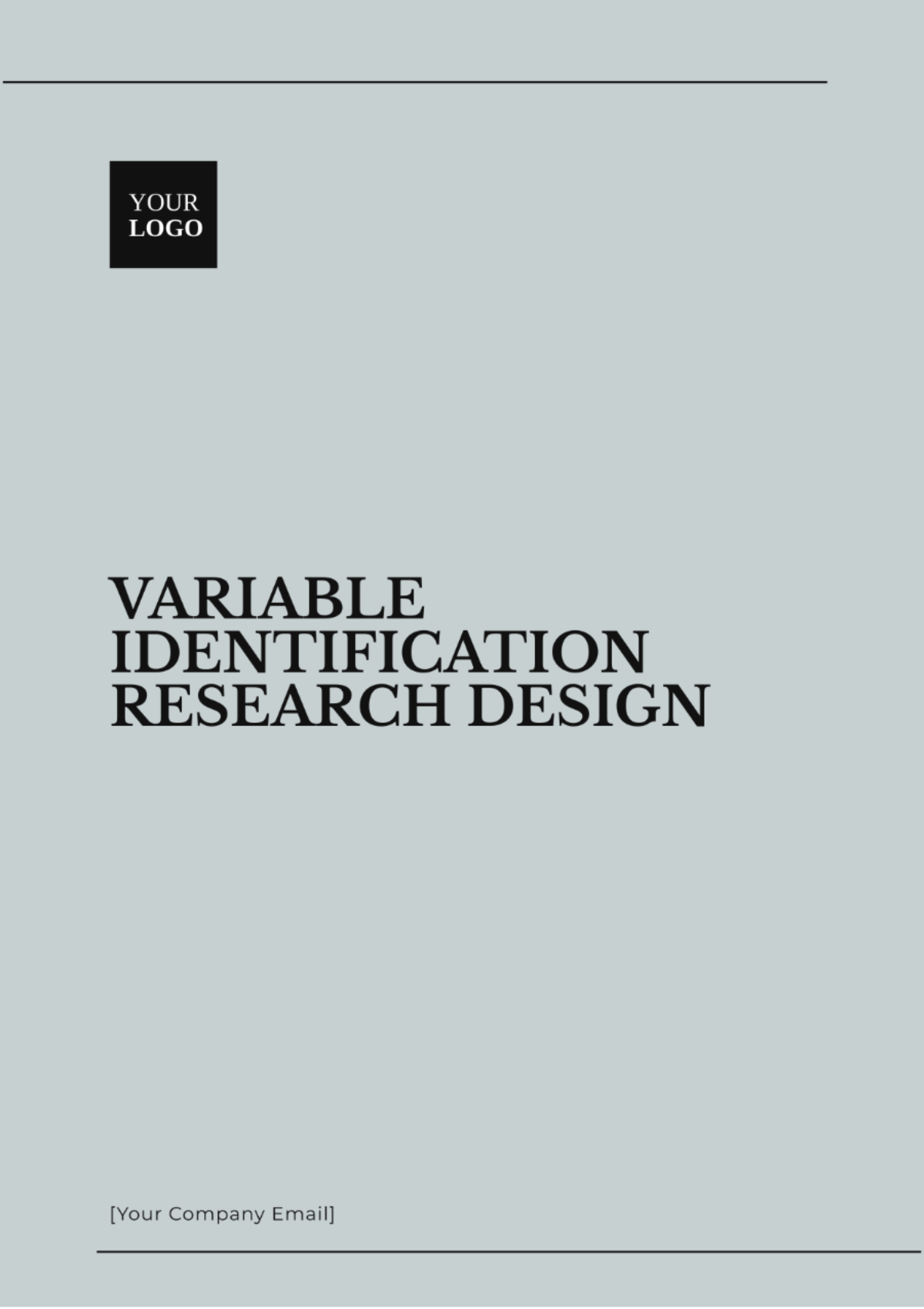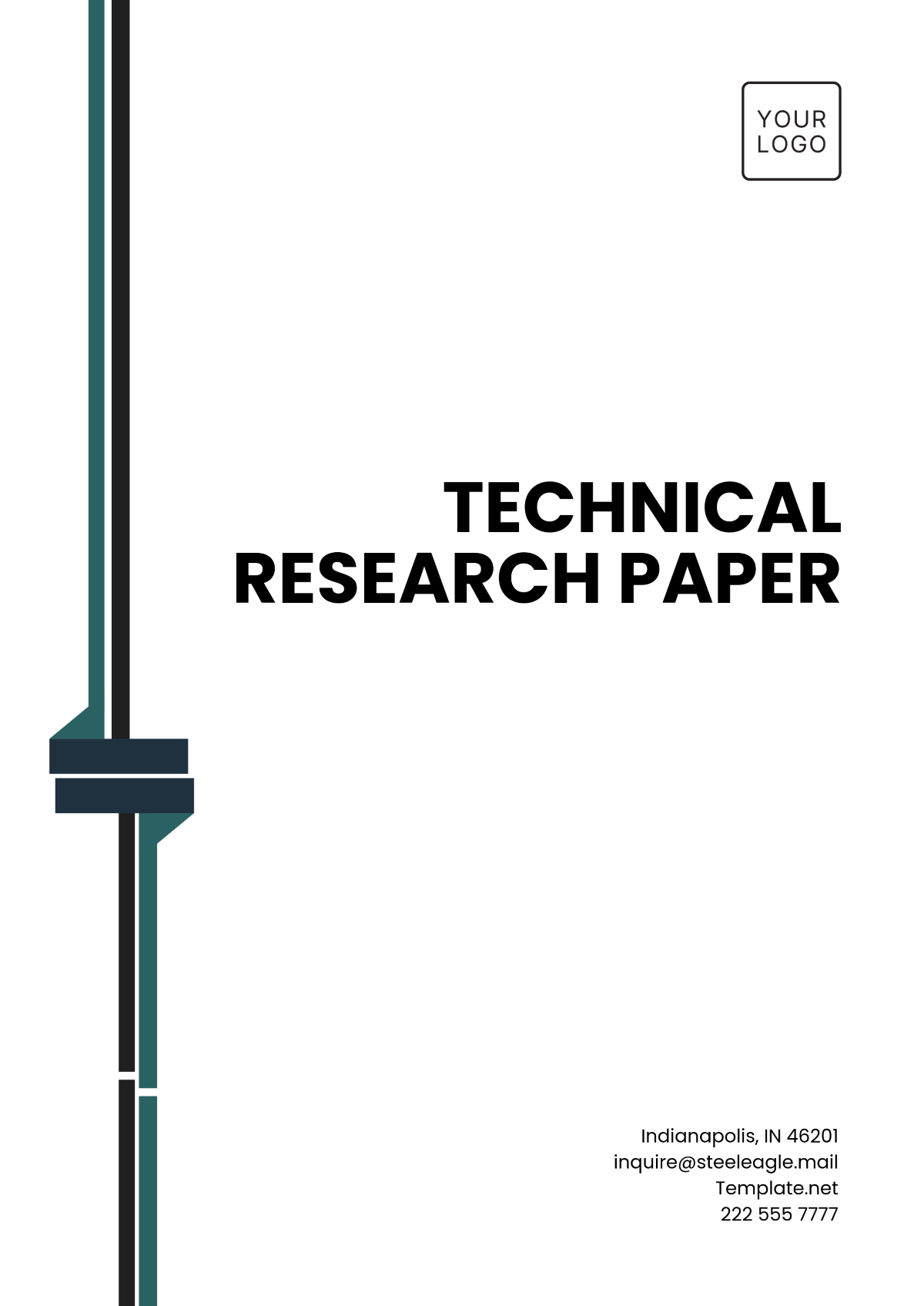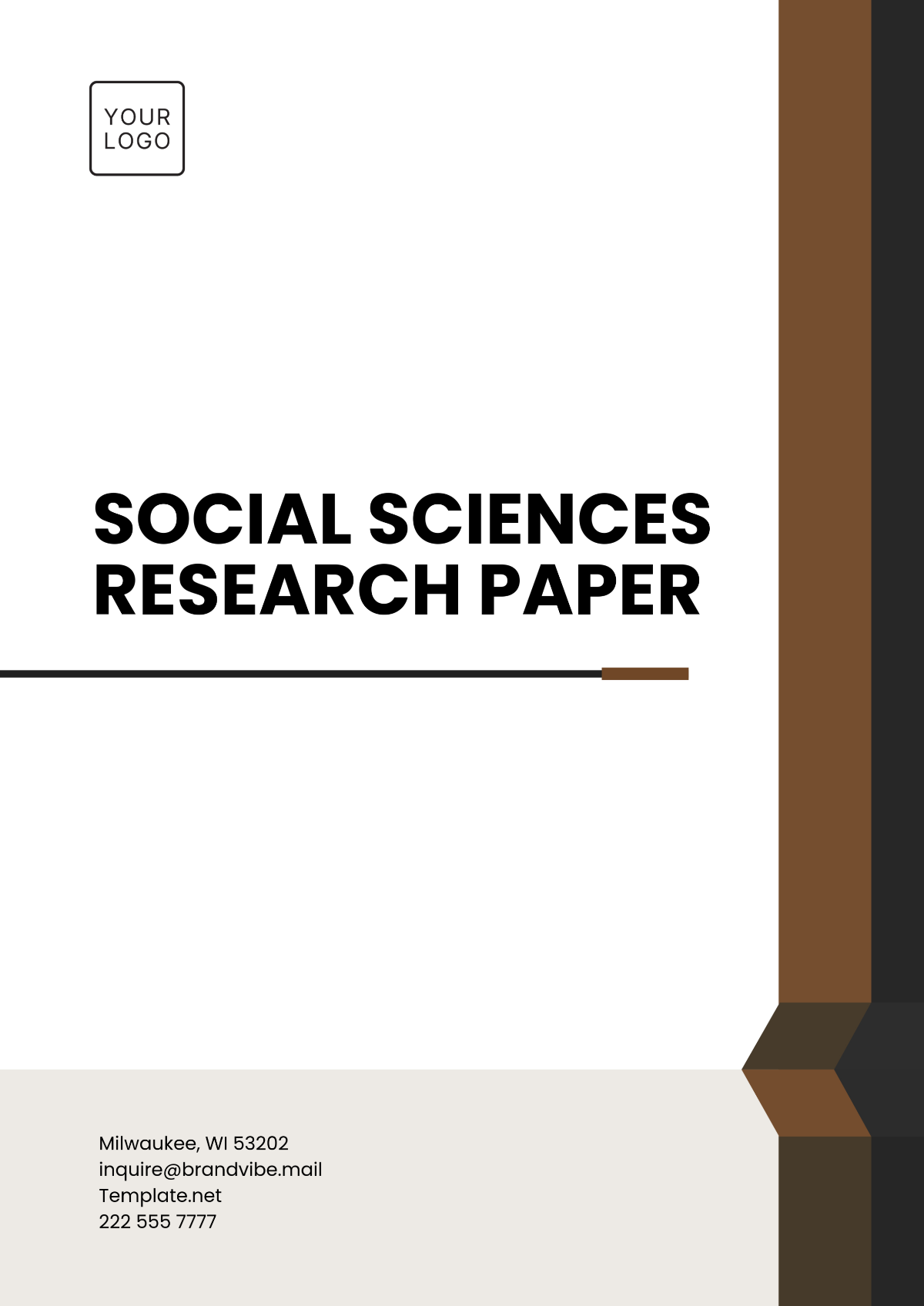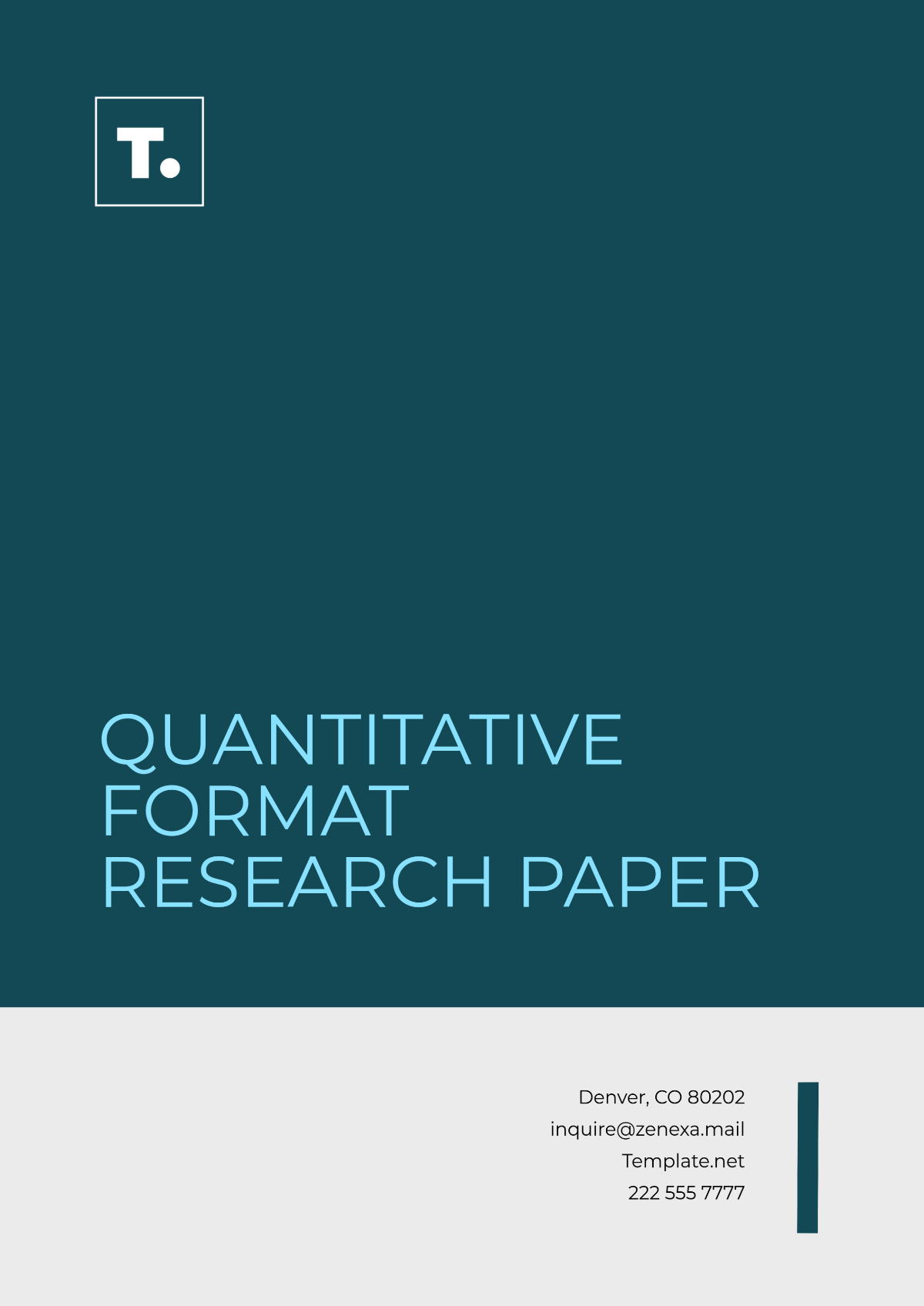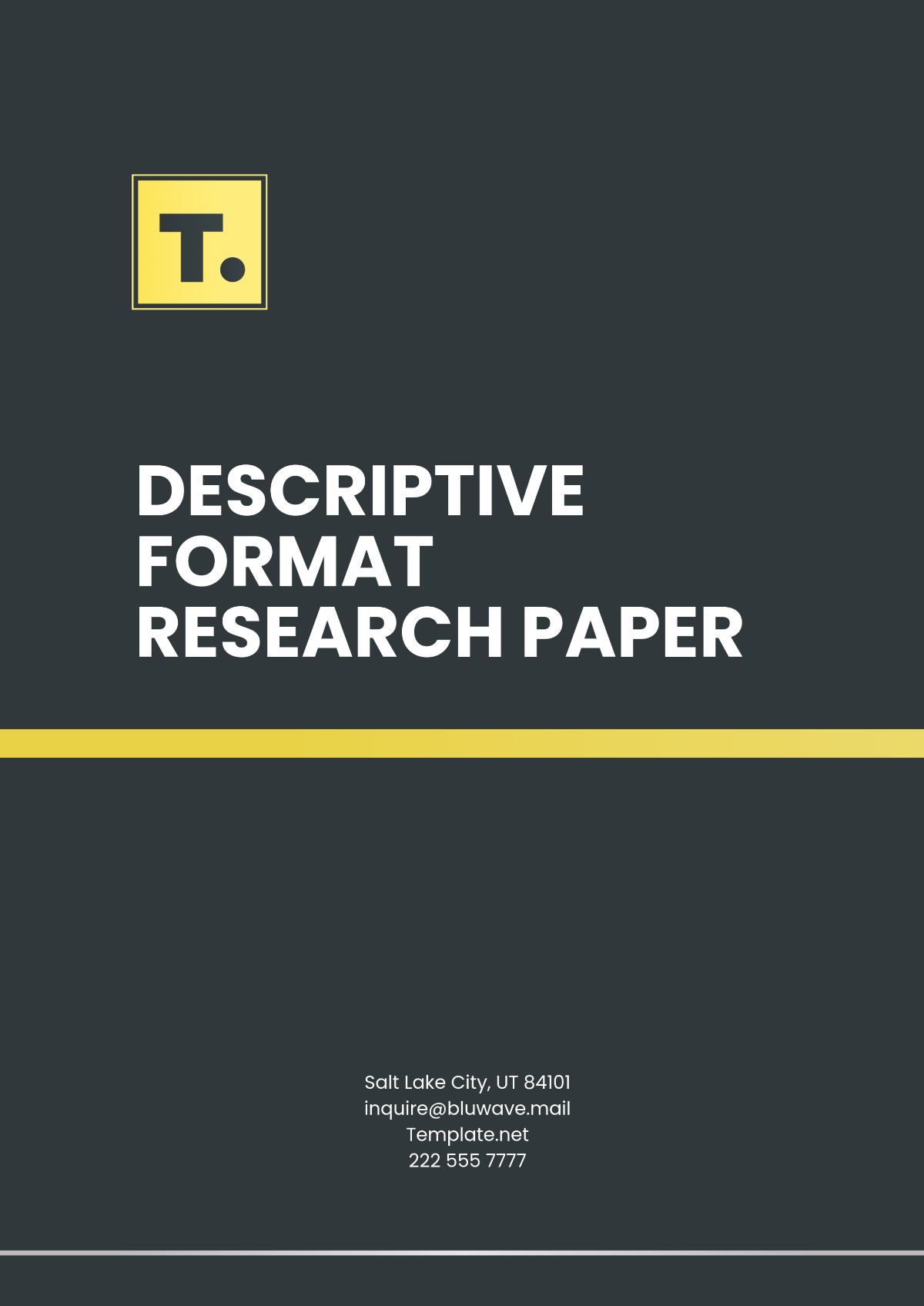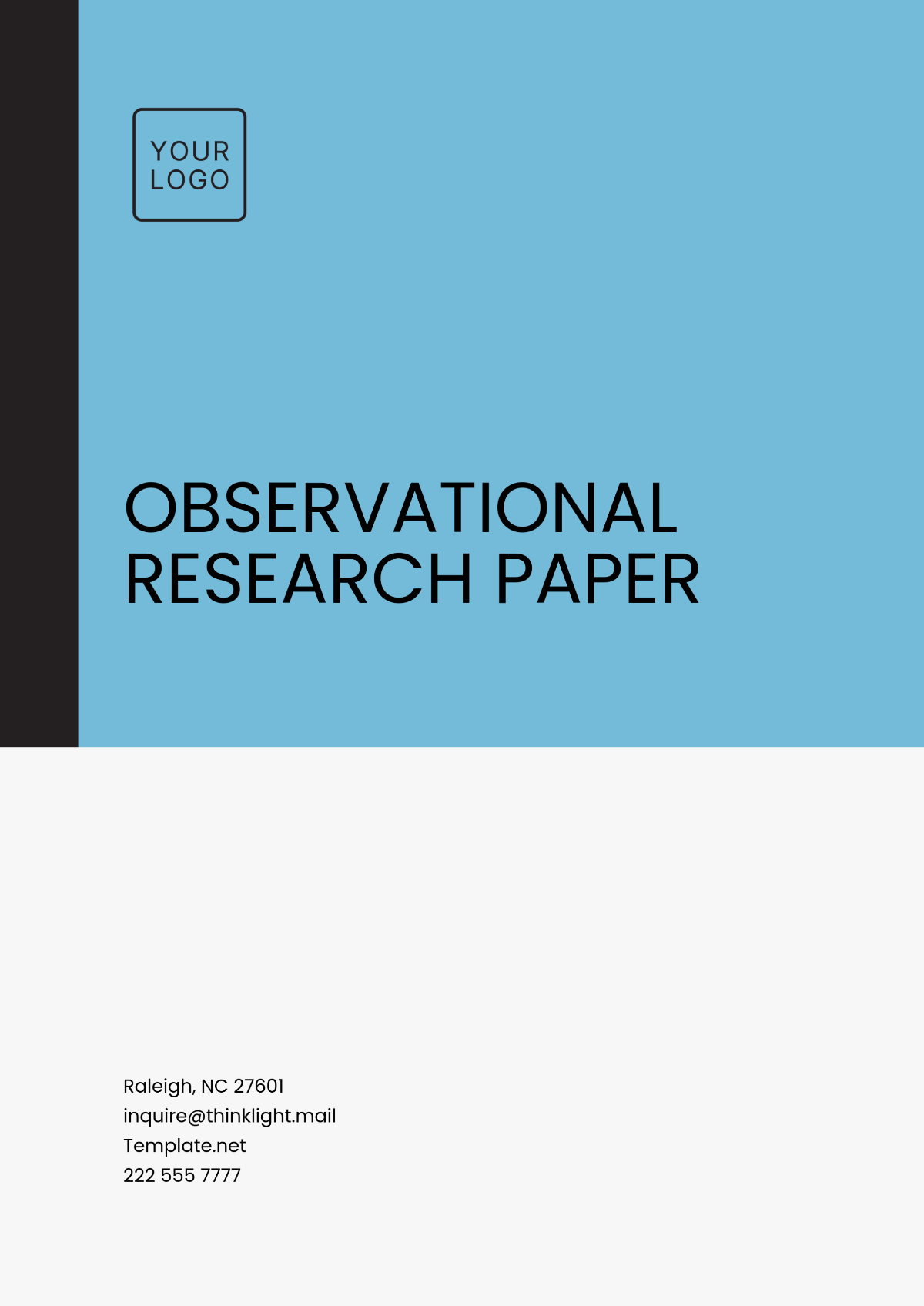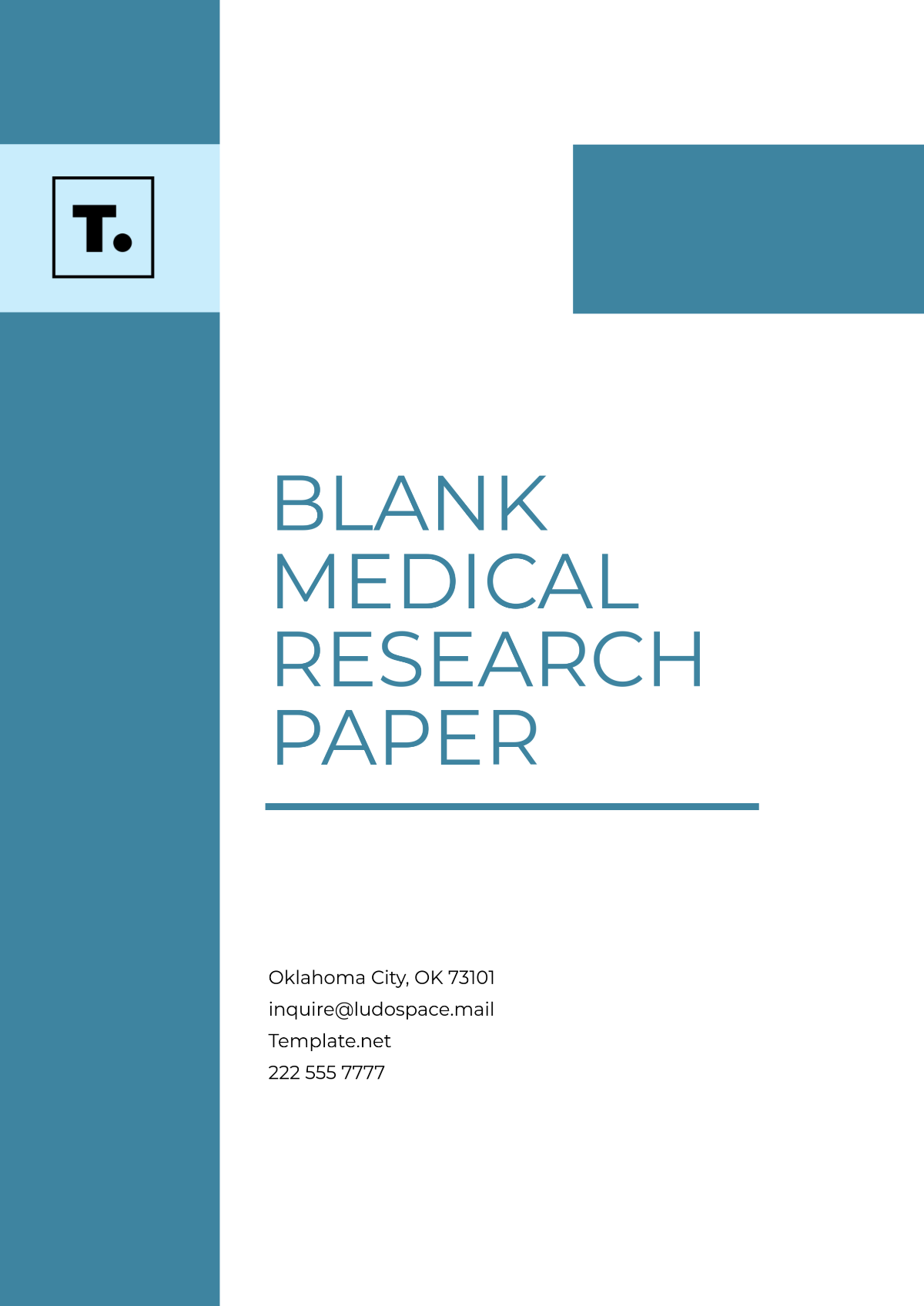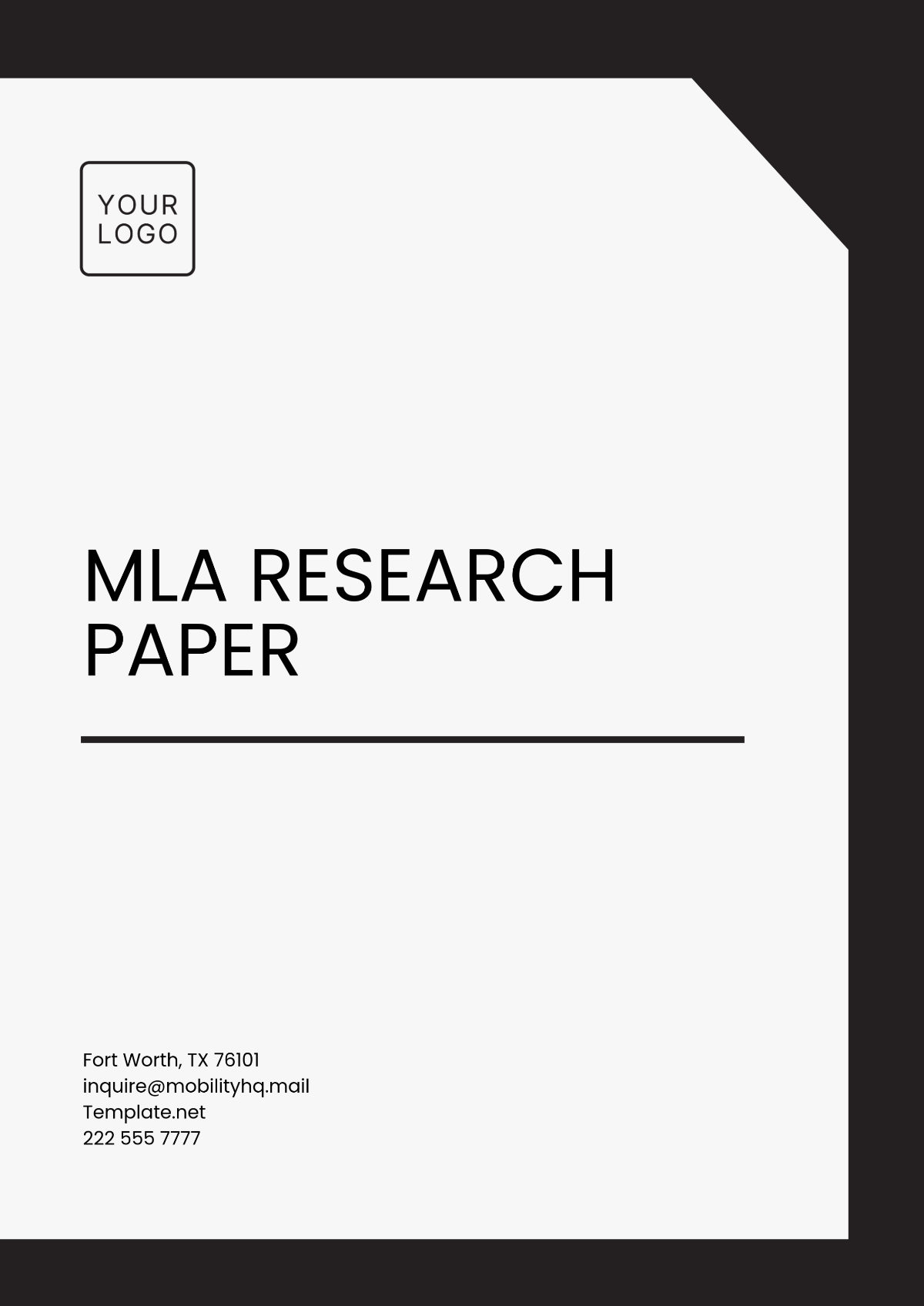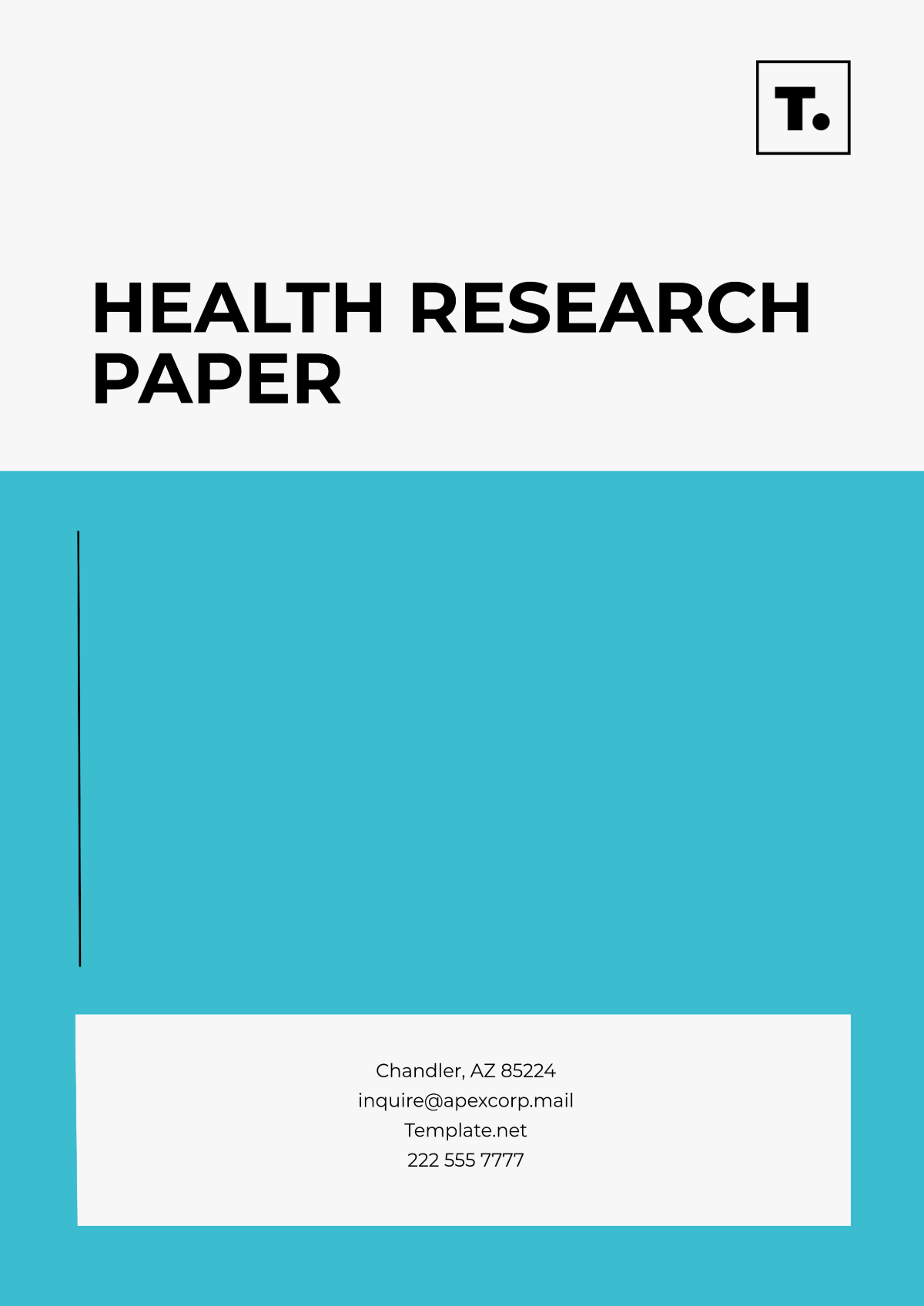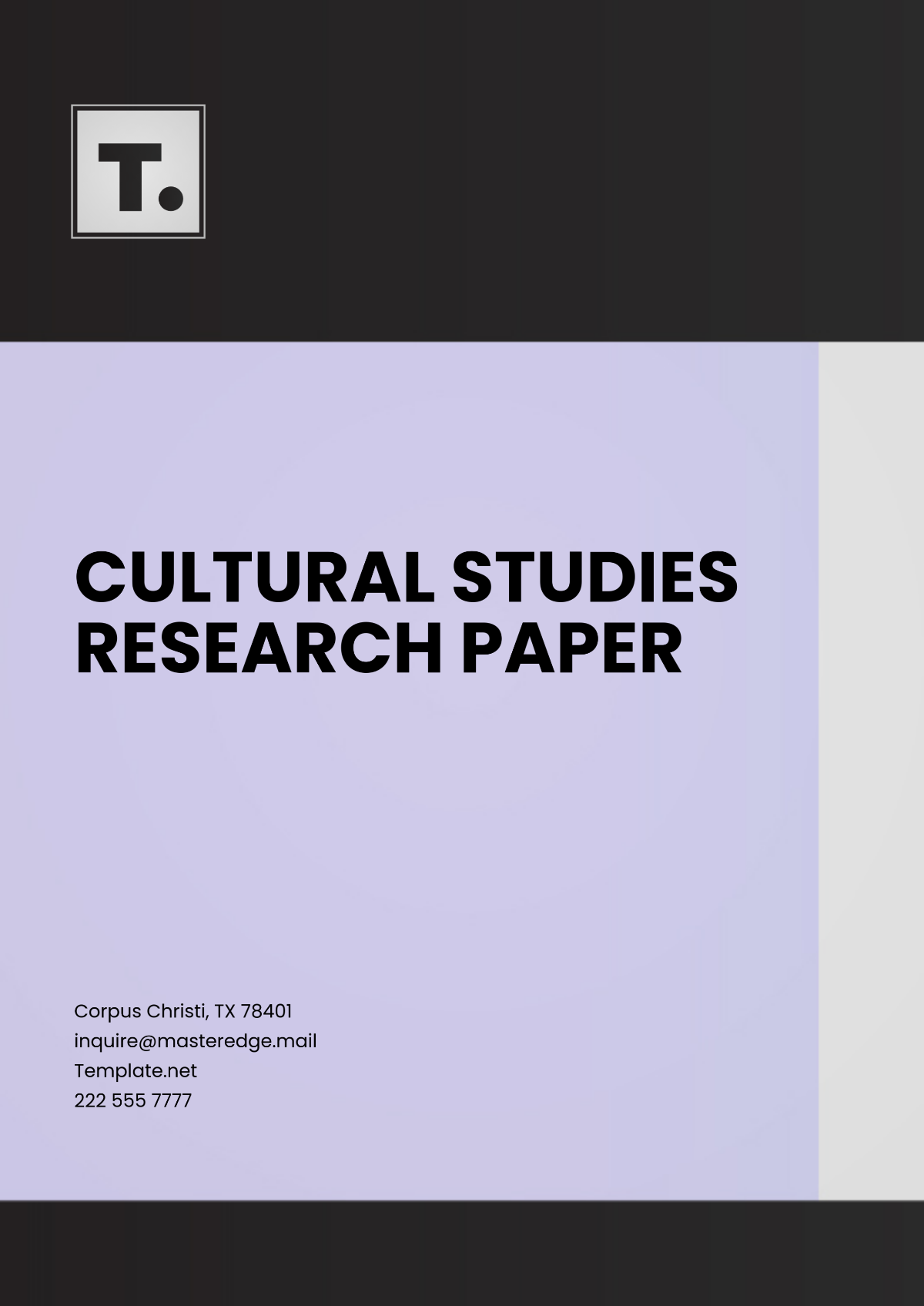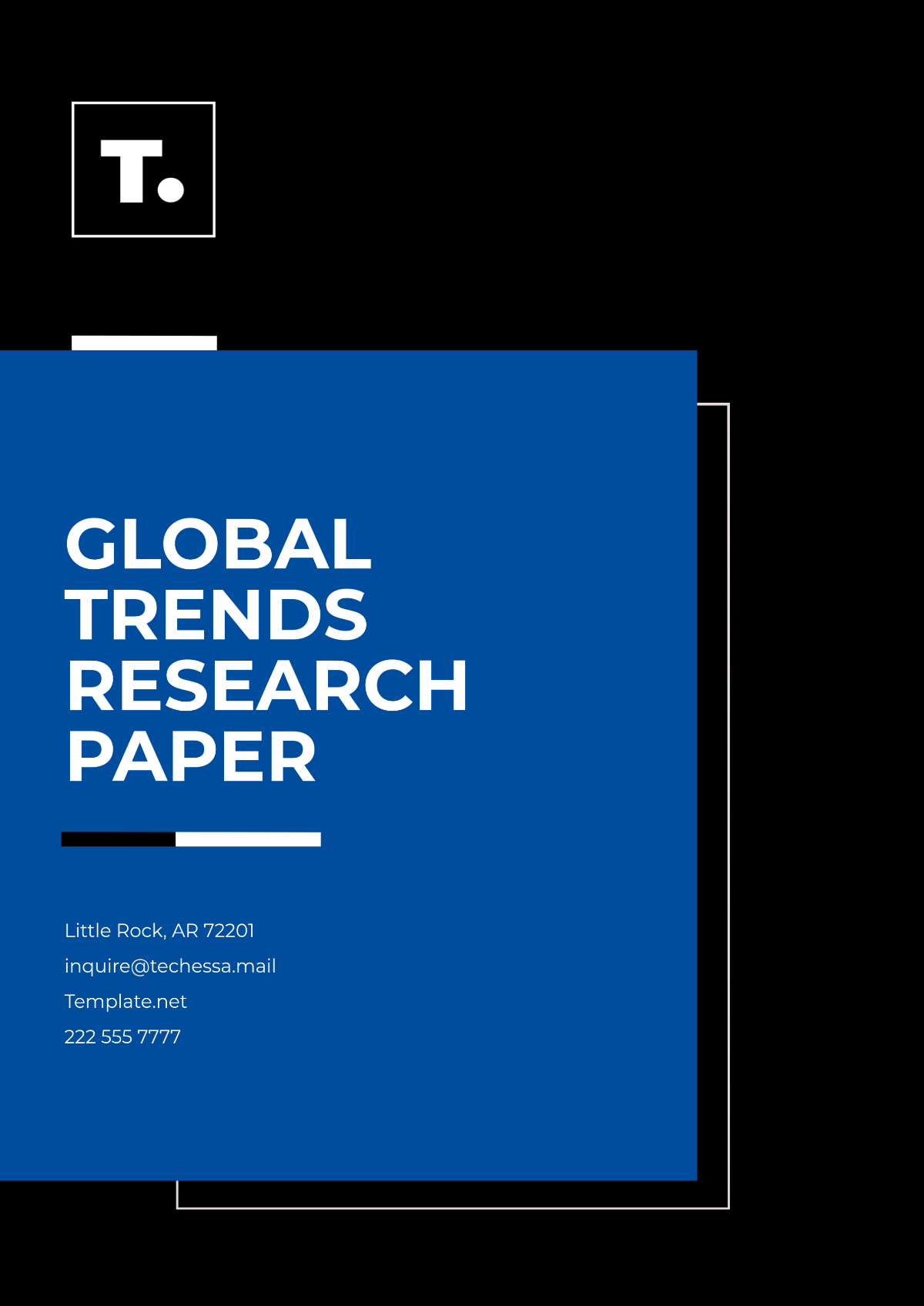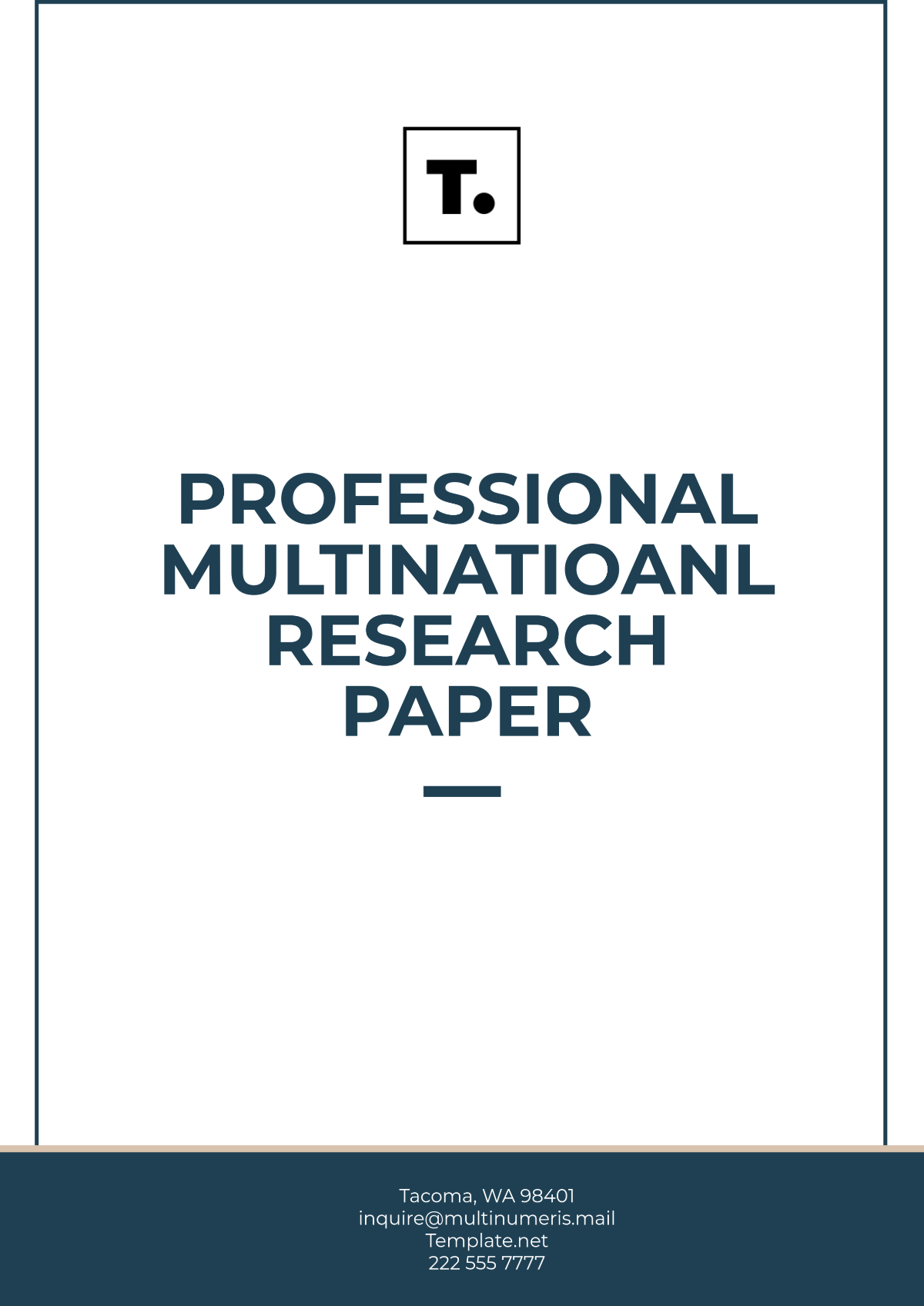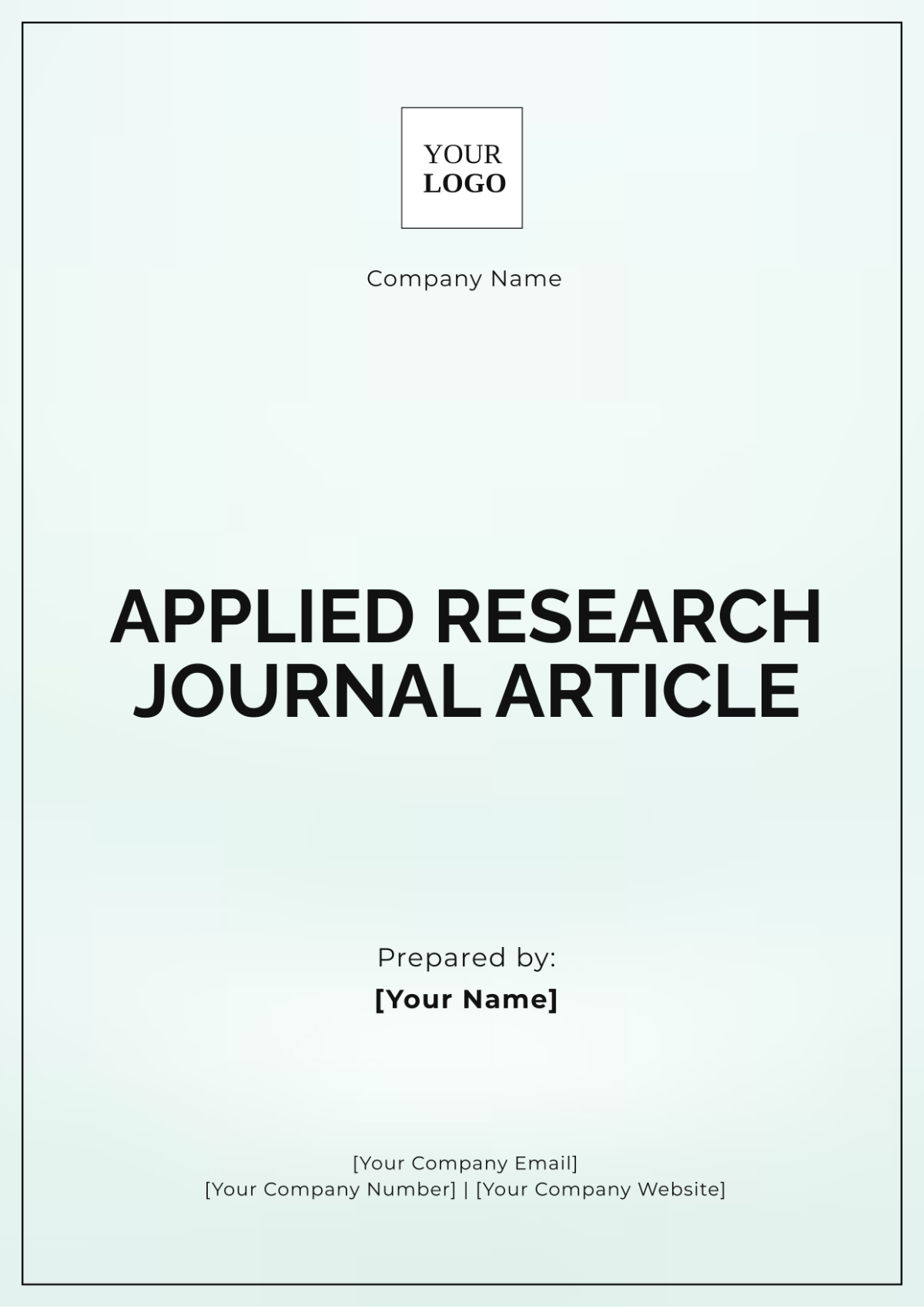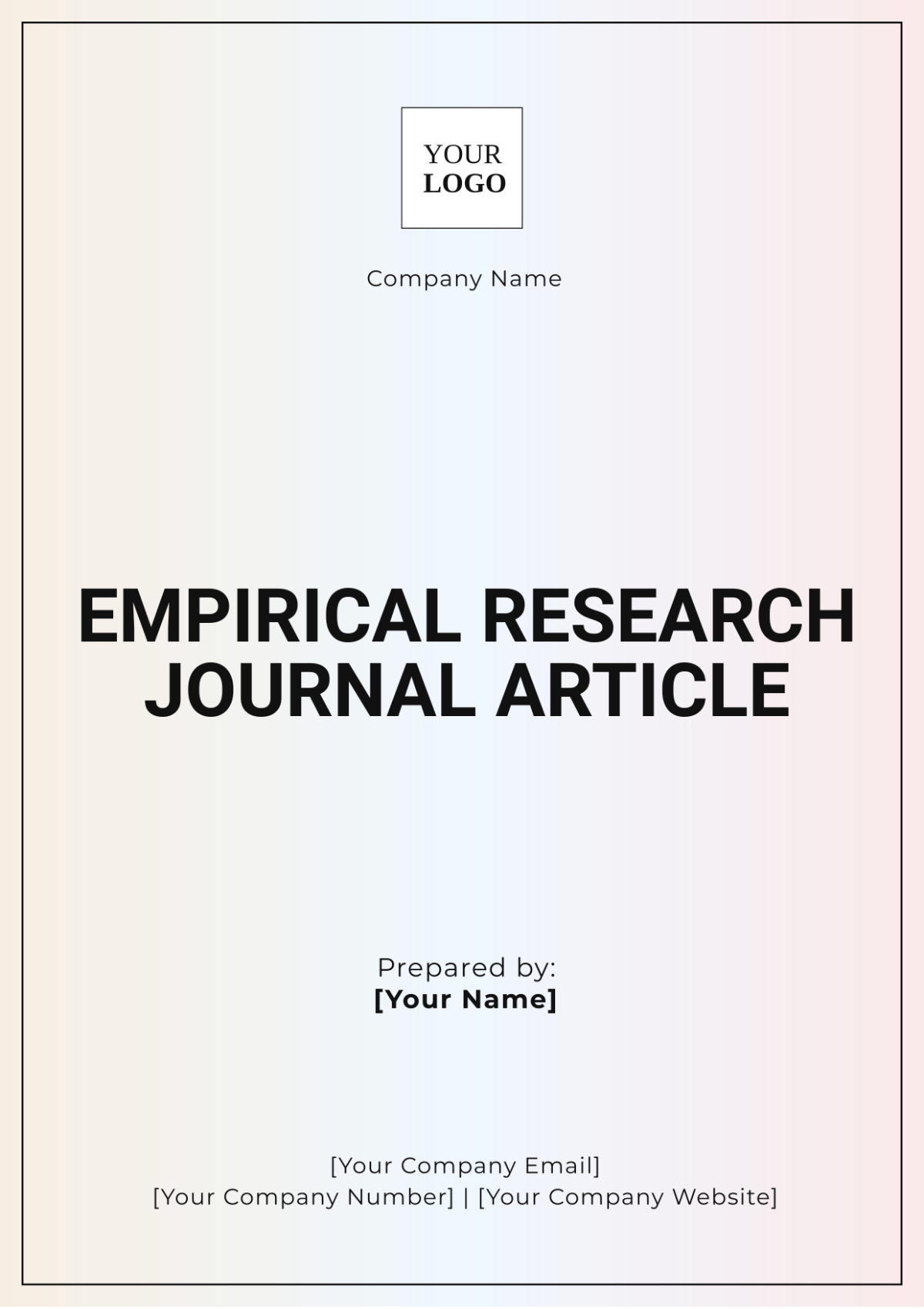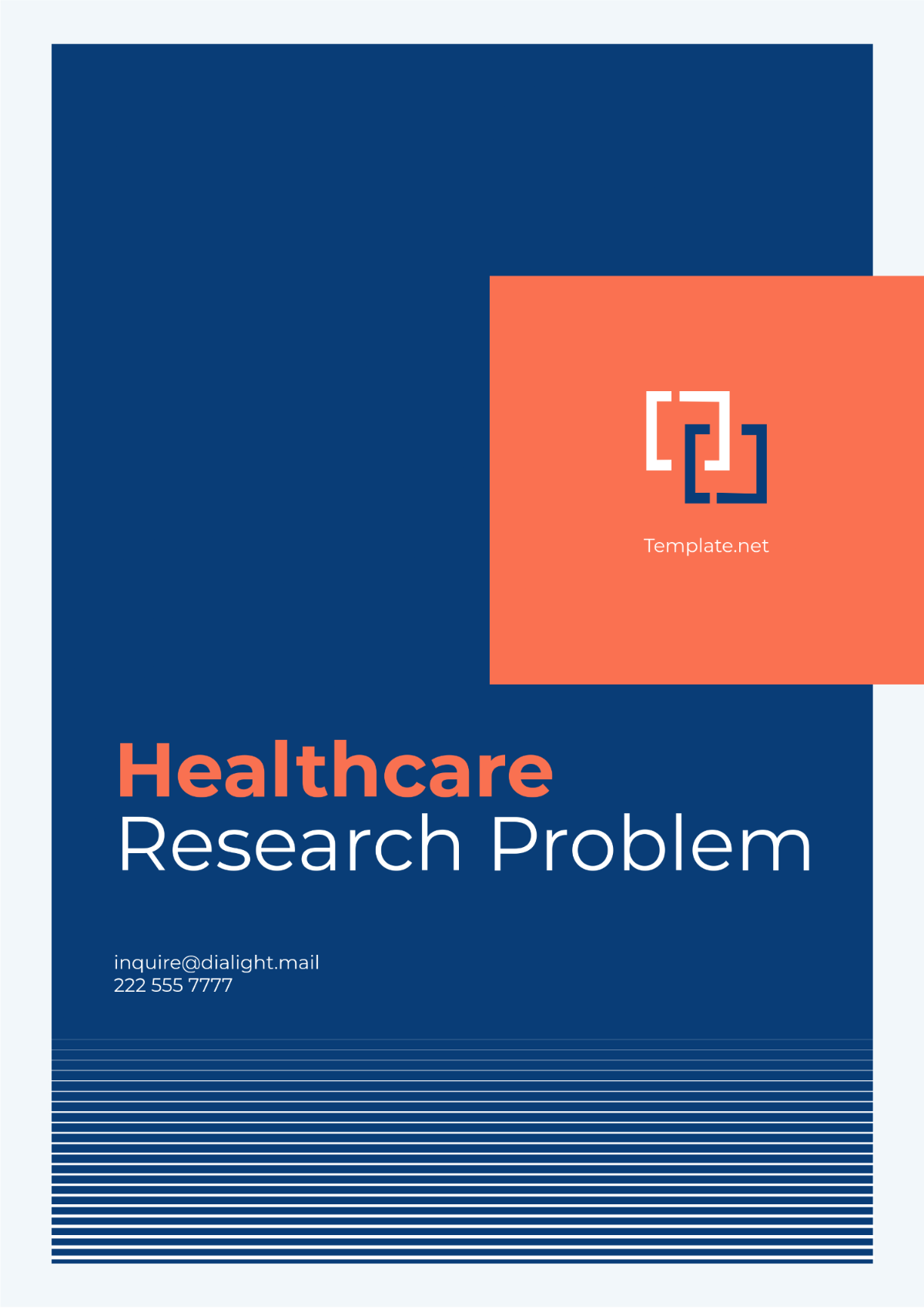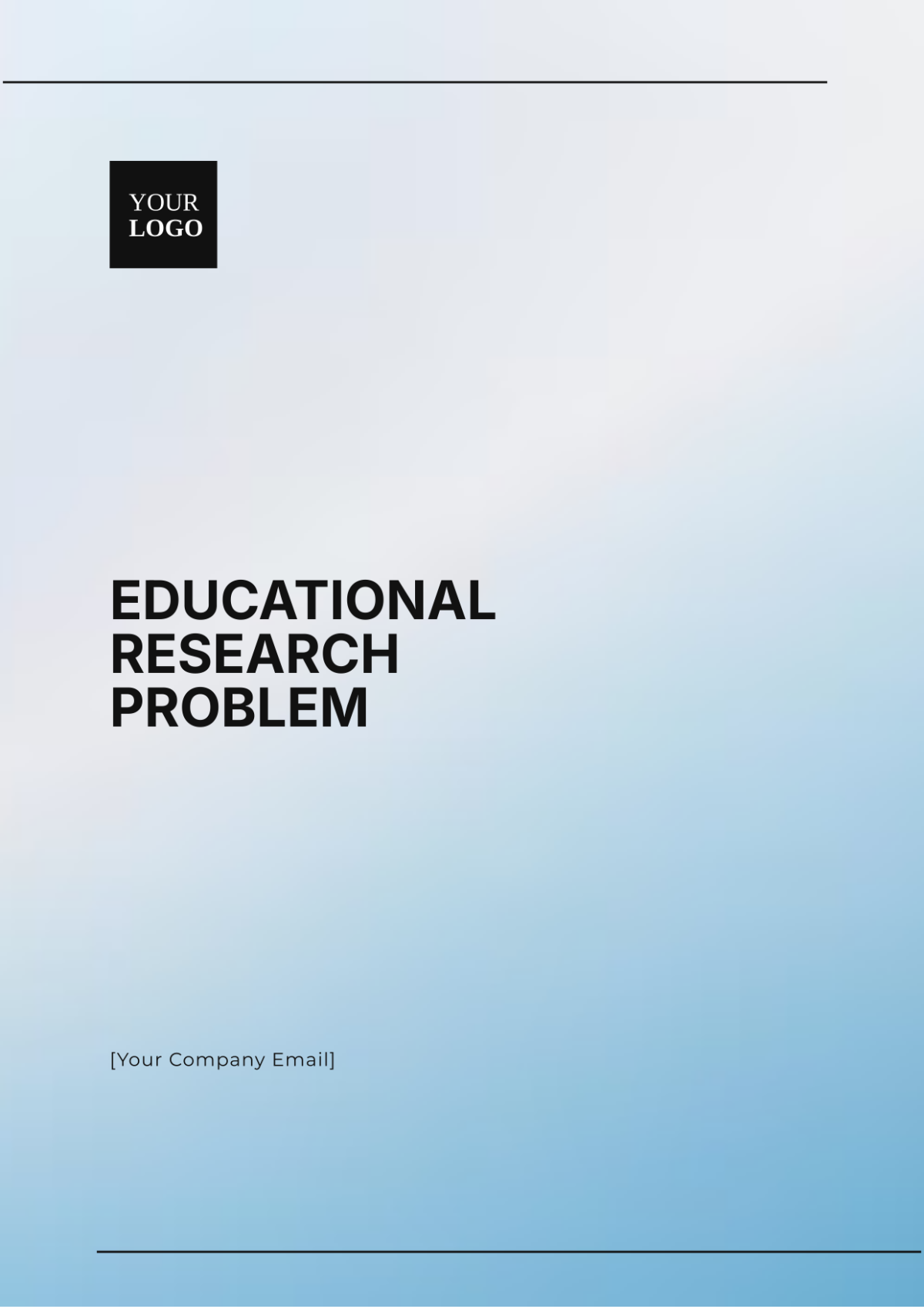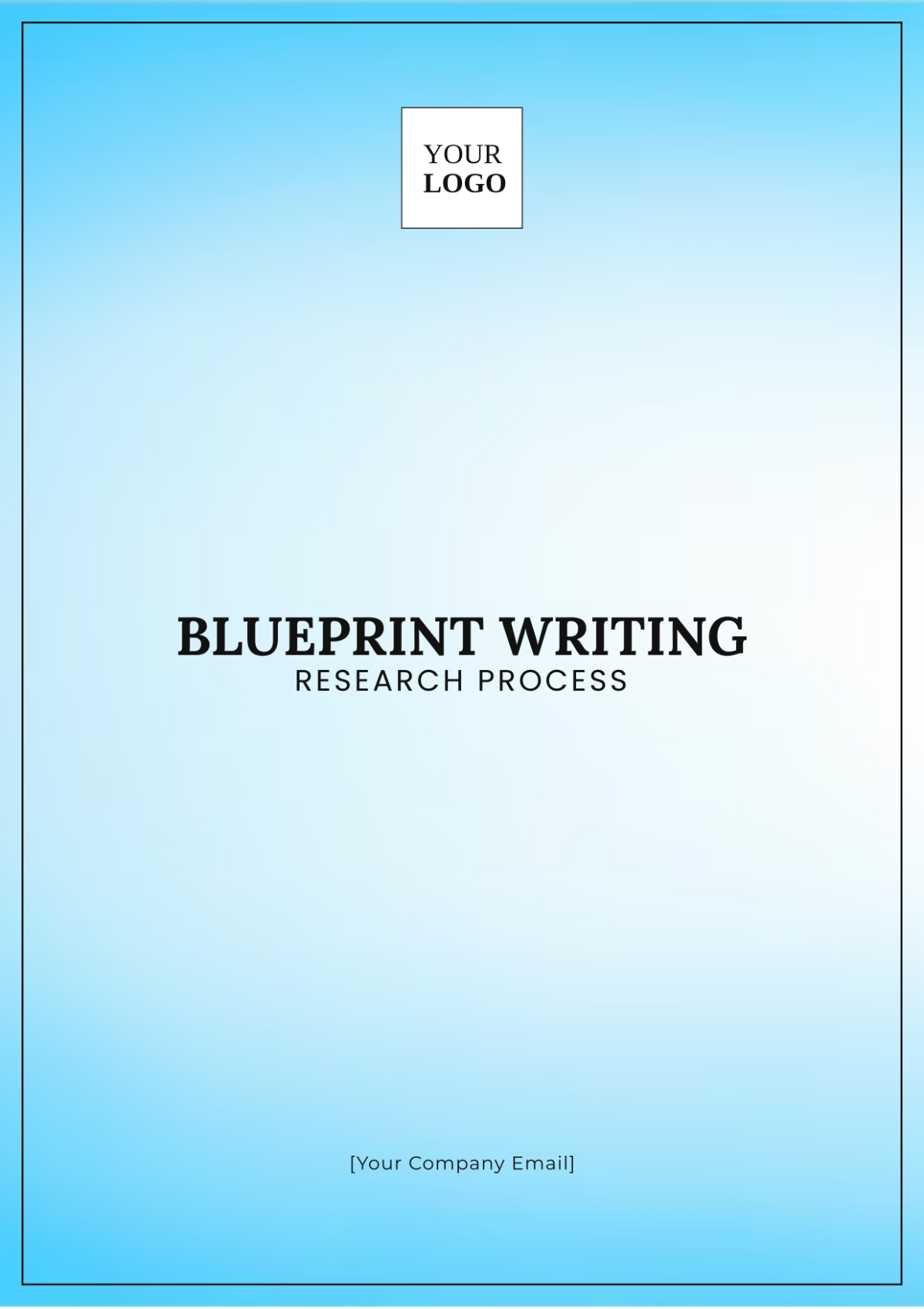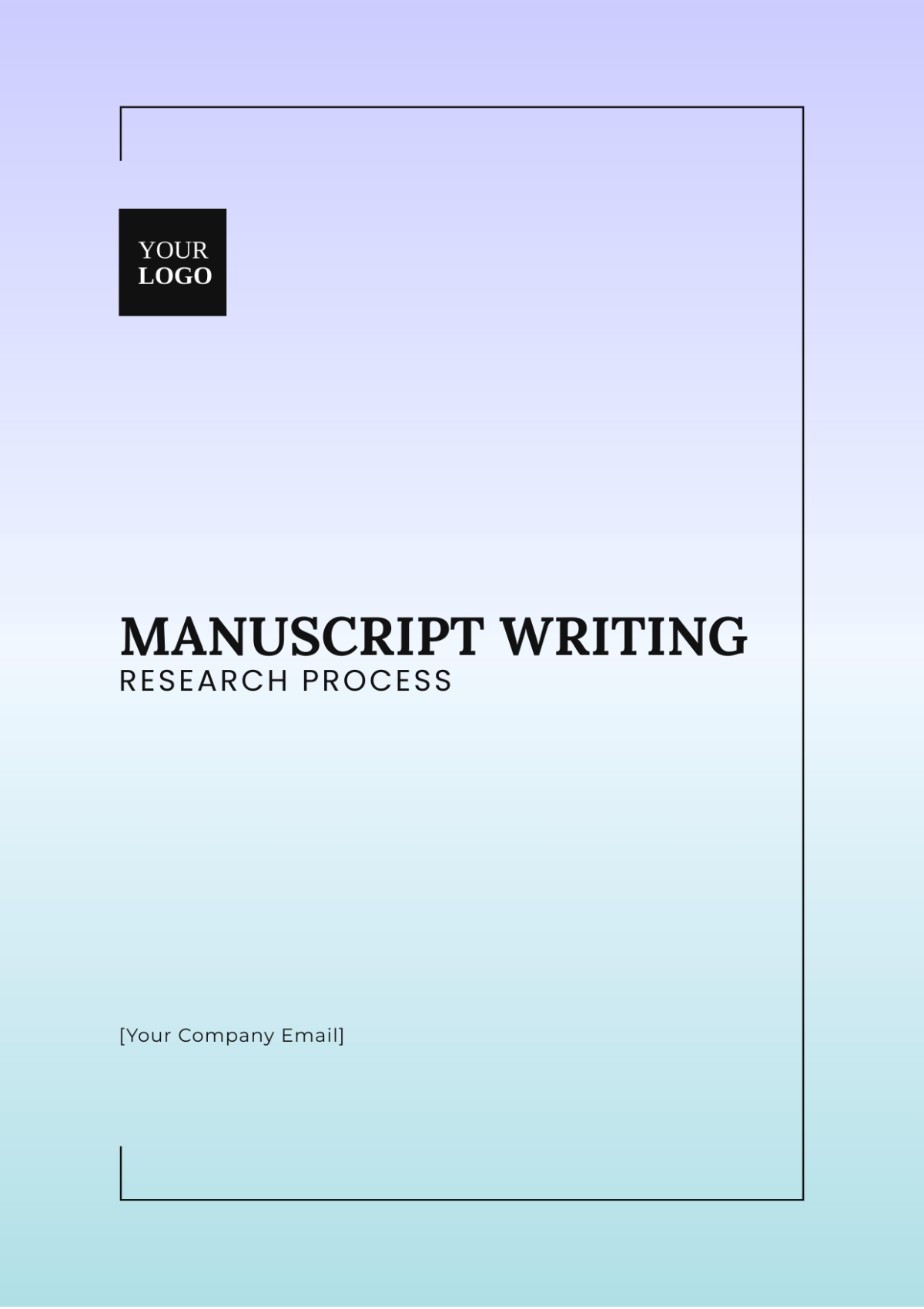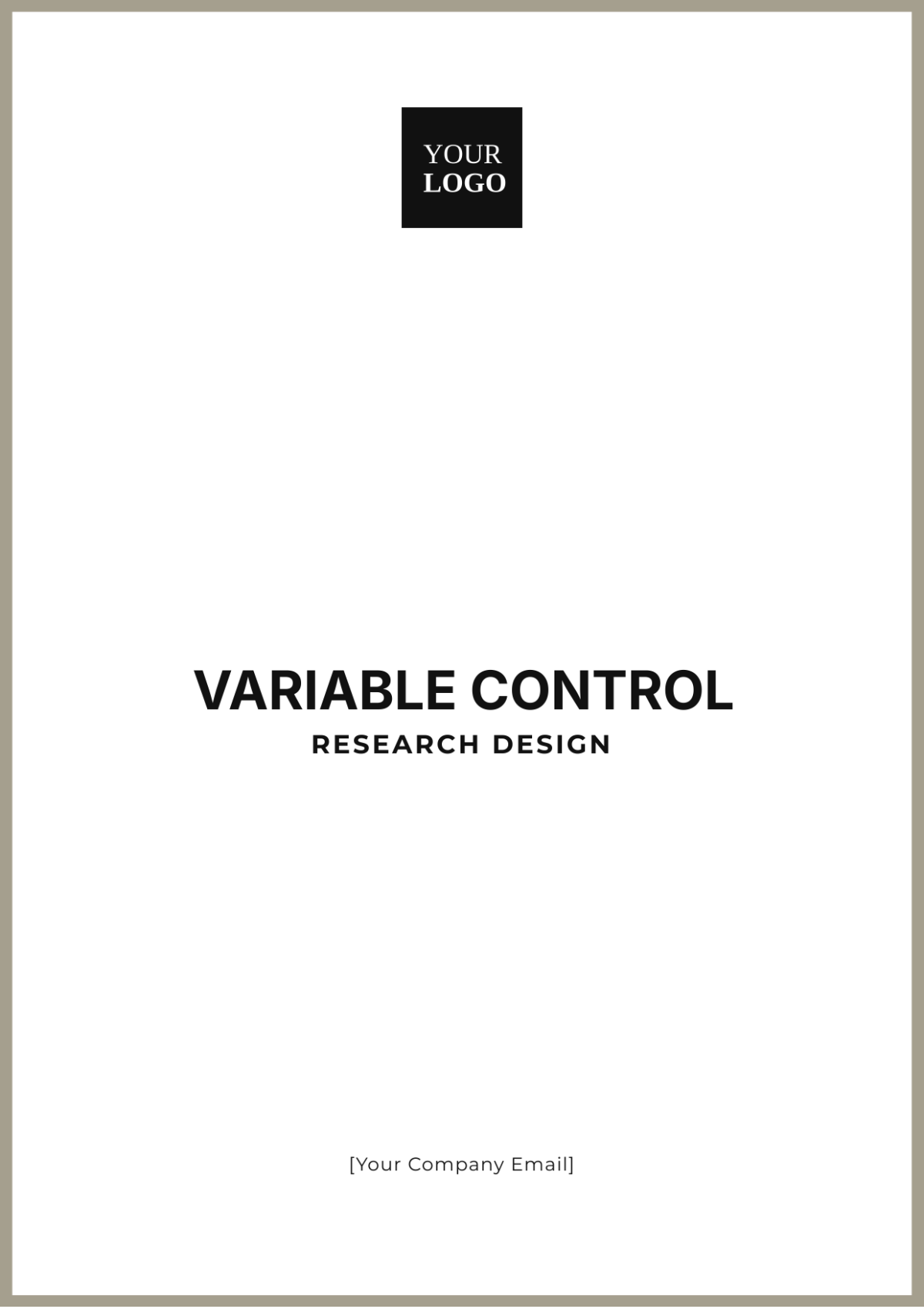Bias Mitigation Descriptive Research
Prepared By: [Your Name]
I. Introduction
Bias in descriptive research poses a significant challenge, potentially distorting results and undermining the validity and reliability of findings. Effective bias mitigation strategies are crucial for ensuring accurate and unbiased research outcomes. This overview explores various types of bias, their impacts, and practical strategies for minimizing their effects.
II. Types of Bias in Descriptive Research
Understanding the different types of bias is essential for effective mitigation:
A. Selection Bias
This occurs when the sample used in the study is not representative of the target population. Factors such as non-random sampling, voluntary participation, or exclusion criteria can lead to selection bias, making it difficult to generalize findings to the broader population.
B. Measurement Bias
This type of bias arises from errors or inconsistencies in data collection methods, including faulty measurement instruments, unclear definitions, or inconsistent procedures. Measurement bias can skew results and affect the accuracy of conclusions drawn from the data.
C. Publication Bias
Publication bias happens when studies with significant or positive results are more likely to be published than those with null or negative results. This bias can distort the evidence base, as important findings may be missing from the published literature.
D. Response Bias
Response bias occurs when participants provide inaccurate or socially desirable responses instead of their true thoughts or behaviors. This can result from factors like question phrasing, social pressure, or misunderstanding of the questions, affecting the reliability of the data collected.
III. Impact of Bias on Research
Bias can have profound effects on research outcomes:
A. Reduced Validity
Bias can undermine both internal validity (the accuracy of measurements) and external validity (the generalizability of findings), leading to misleading conclusions and reduced applicability of the research.
B. Misleading Conclusions
Biased data can result in erroneous interpretations and recommendations, affecting decision-making, policy development, and practical applications derived from the research.
C. Reproducibility Issues
Bias can hinder the reproducibility of research findings, as studies influenced by bias may yield different outcomes upon replication, affecting scientific credibility and progress.
IV. Strategies for Bias Mitigation
To improve the quality and credibility of descriptive research, researchers can implement the following strategies:
A. Selection Bias
To address selection bias, employ random sampling techniques to give every member of the population an equal chance of being included. Utilize stratified sampling by dividing the population into subgroups and sampling from each to ensure representation of key groups. Ensure the sample is representative of the target population by defining it carefully and aligning it closely with the broader population.
B. Measurement Bias
To mitigate measurement bias, standardize measurement tools by using validated and reliable instruments. Train data collectors thoroughly to ensure they follow consistent procedures. Pilot test instruments to identify and address issues before the main data collection begins.
C. Publication Bias
Combat publication bias by encouraging the publication of all study results, regardless of significance, to provide a complete view of the evidence. Use study pre-registration to commit to reporting outcomes transparently. Follow transparent reporting guidelines, such as PRISMA (Preferred Reporting Items for Systematic Reviews and Meta-Analyses), to ensure comprehensive reporting.
D. Response Bias
Reduce response bias by ensuring anonymity and confidentiality to encourage honest responses. Design neutral and unbiased questionnaires that are clear and intended to elicit accurate information. Apply validity checks, such as consistency checks or cross-validation with other data sources, to ensure the reliability of responses.
V. Case Studies
Examining practical applications of bias mitigation provides valuable insights:
A. Case Study 1
A large-scale survey on public health behaviors used stratified random sampling to ensure diverse representation and employed standardized questionnaires to address measurement biases. This approach led to more reliable and generalizable findings.
B. Case Study 2
An educational research project implemented blind review processes to reduce publication bias and provided extensive training for data collectors to mitigate measurement bias, resulting in more accurate data collection.
VI. Conclusion
Addressing bias in descriptive research is essential for maintaining the accuracy and reliability of findings. By understanding the types of bias and applying targeted strategies to minimize their impact, researchers can enhance the validity and credibility of their studies. This rigorous approach to bias mitigation is crucial for advancing scientific knowledge and supporting evidence-based decision-making.
